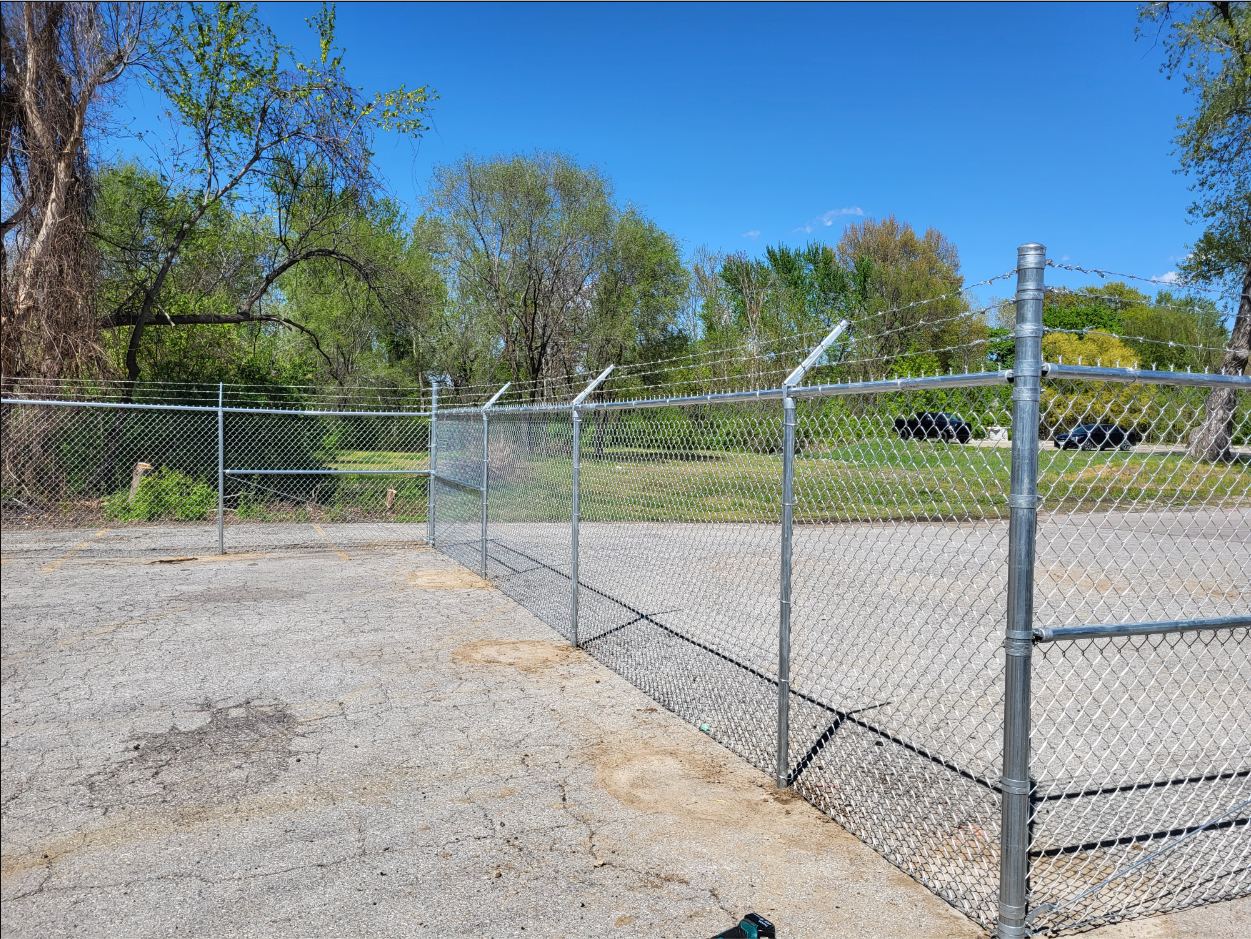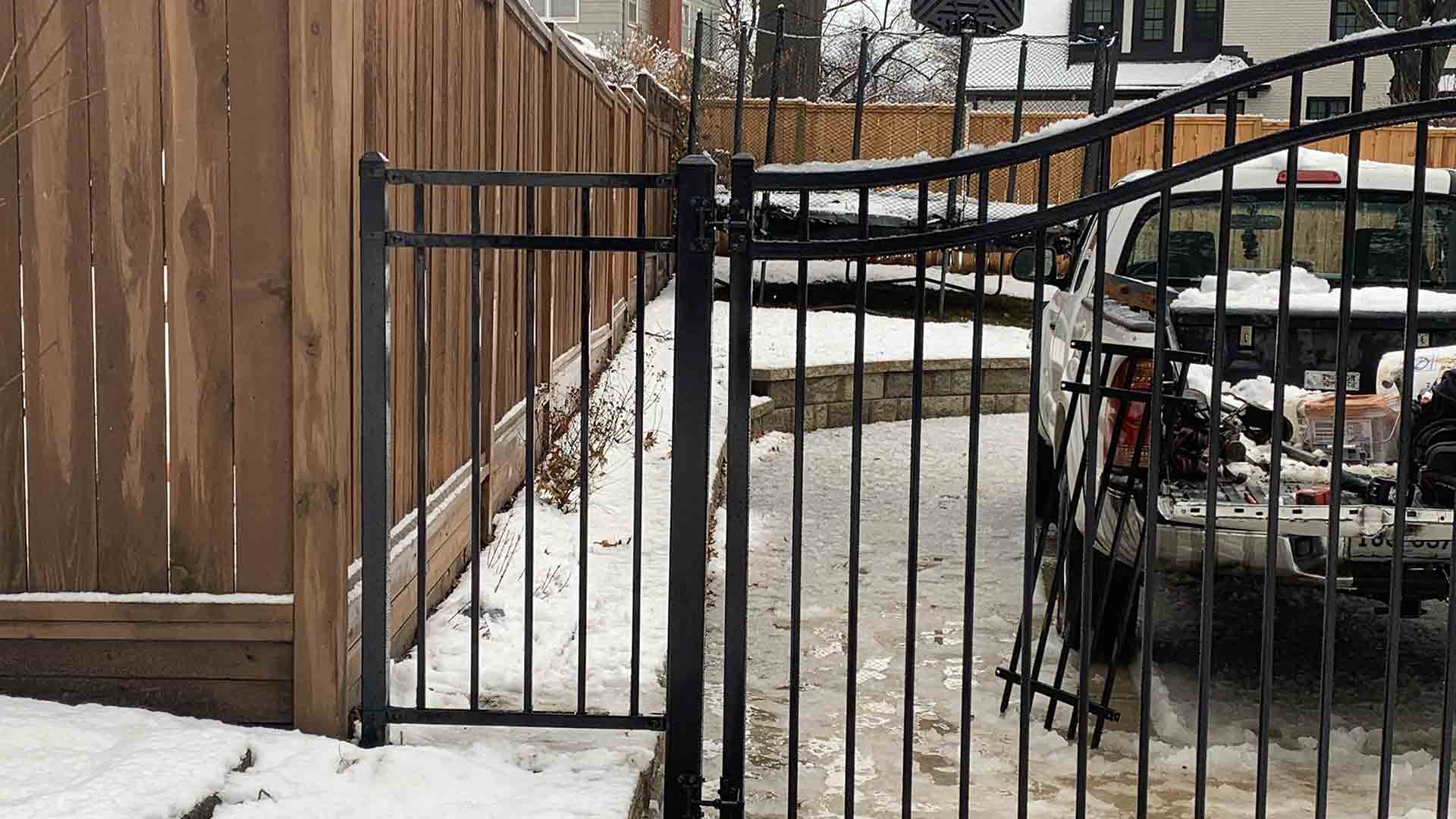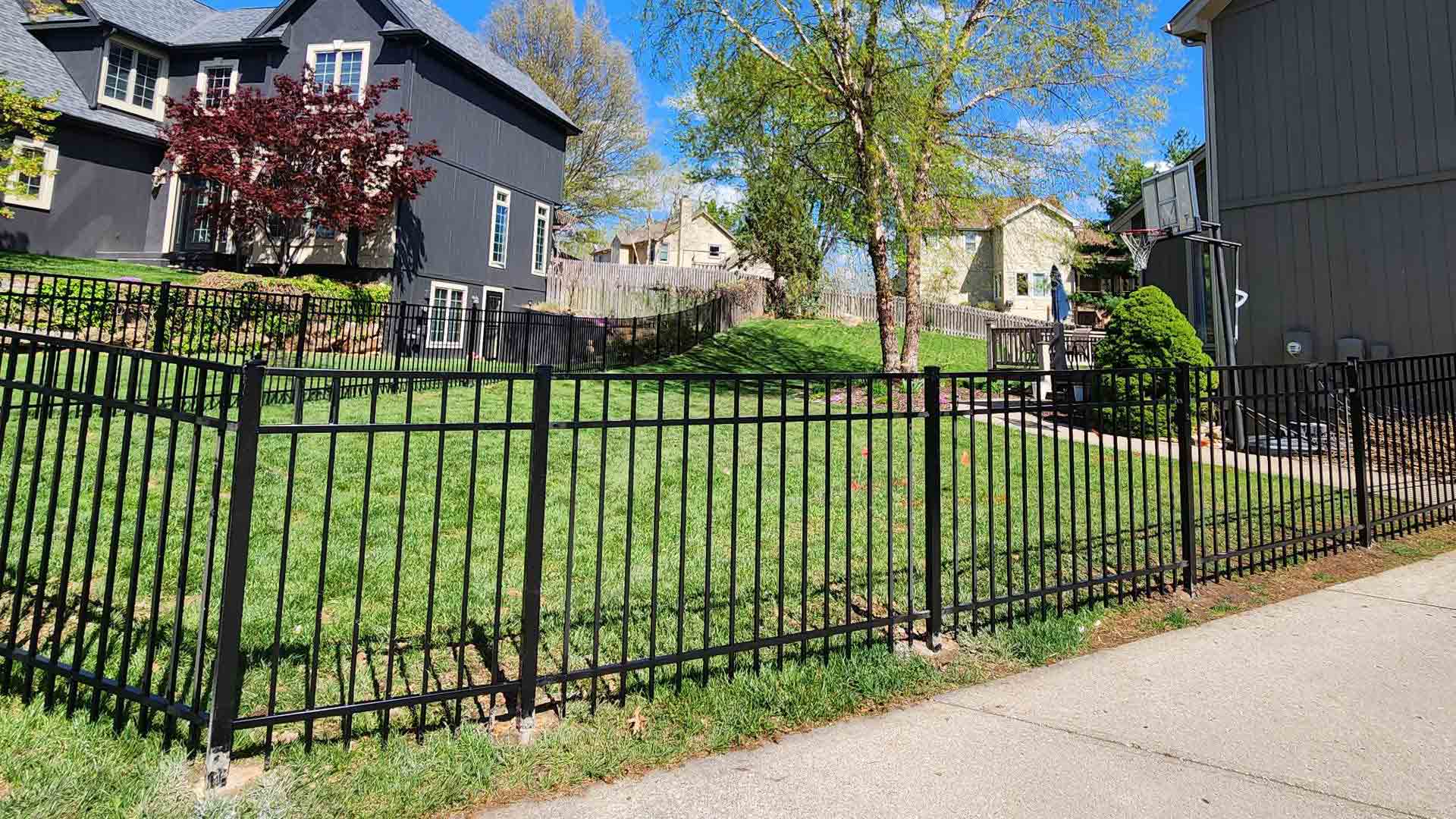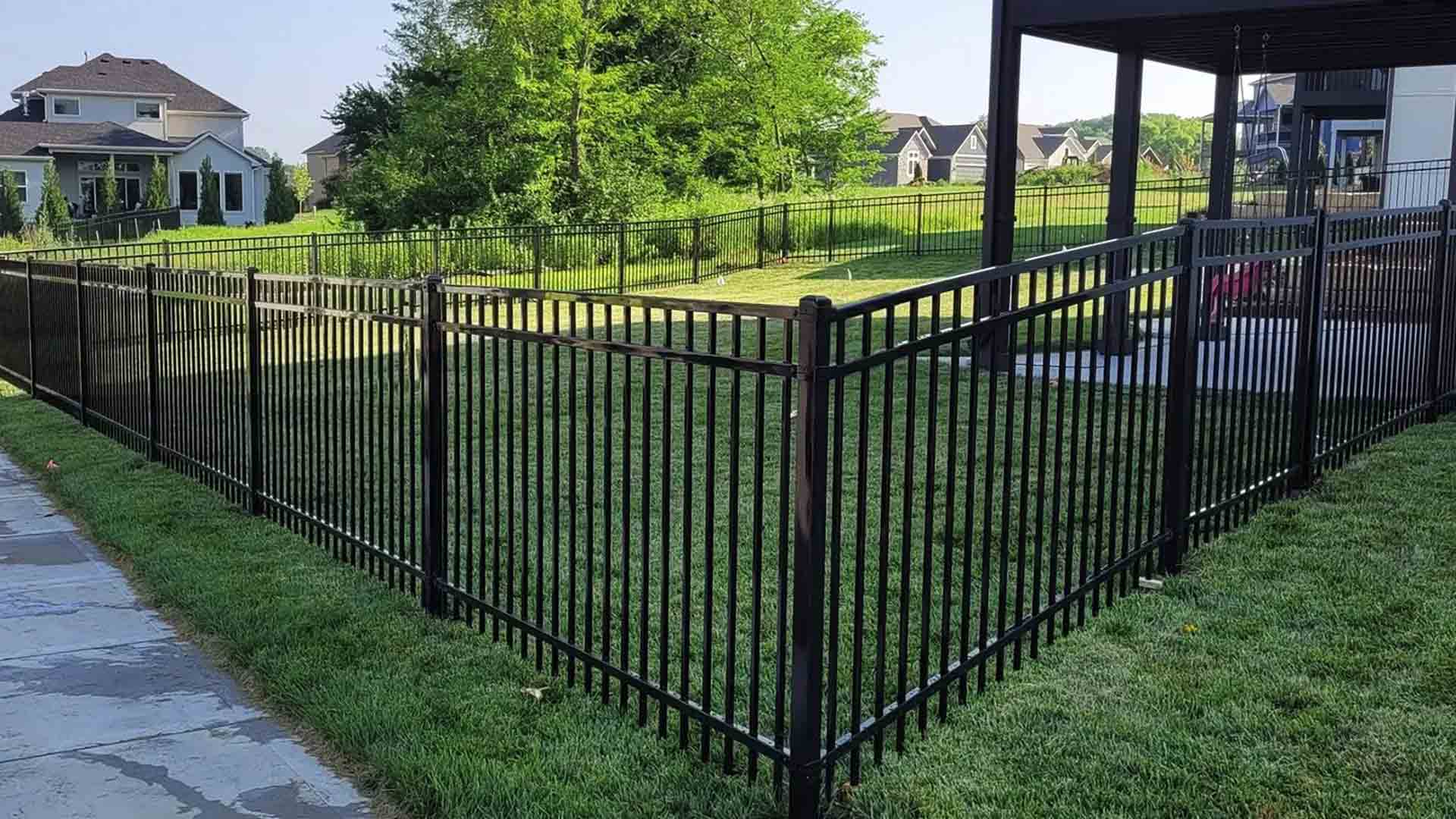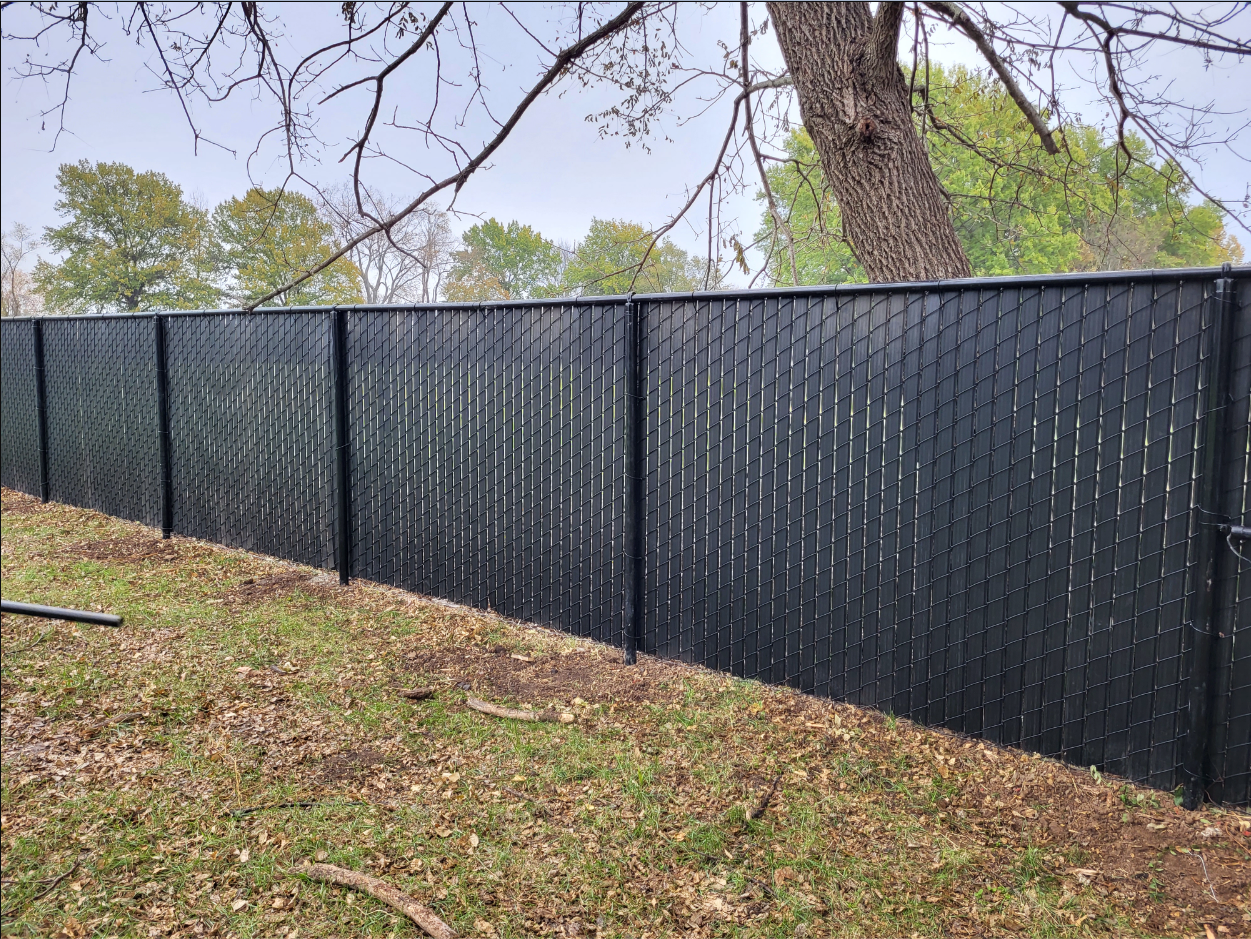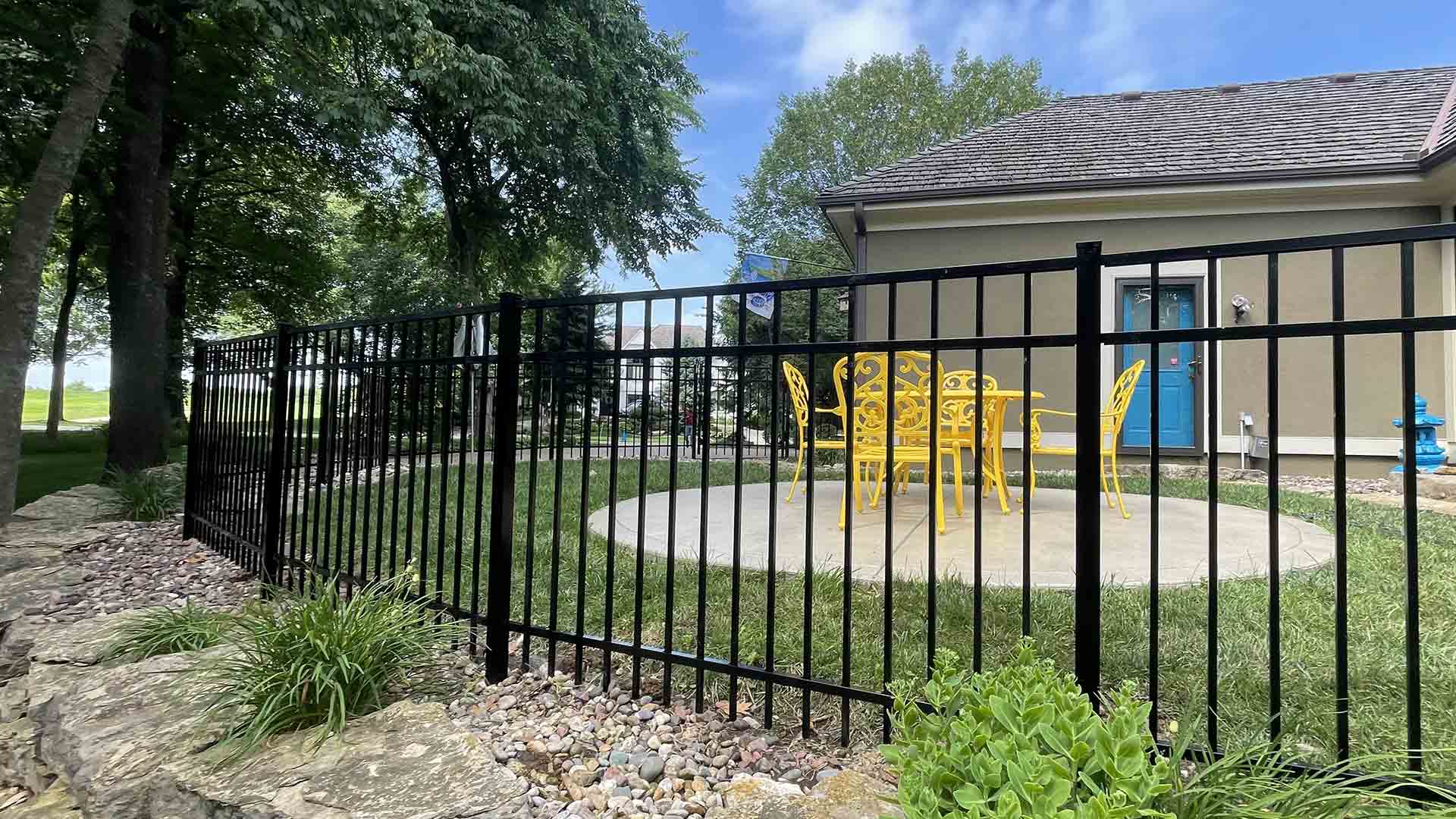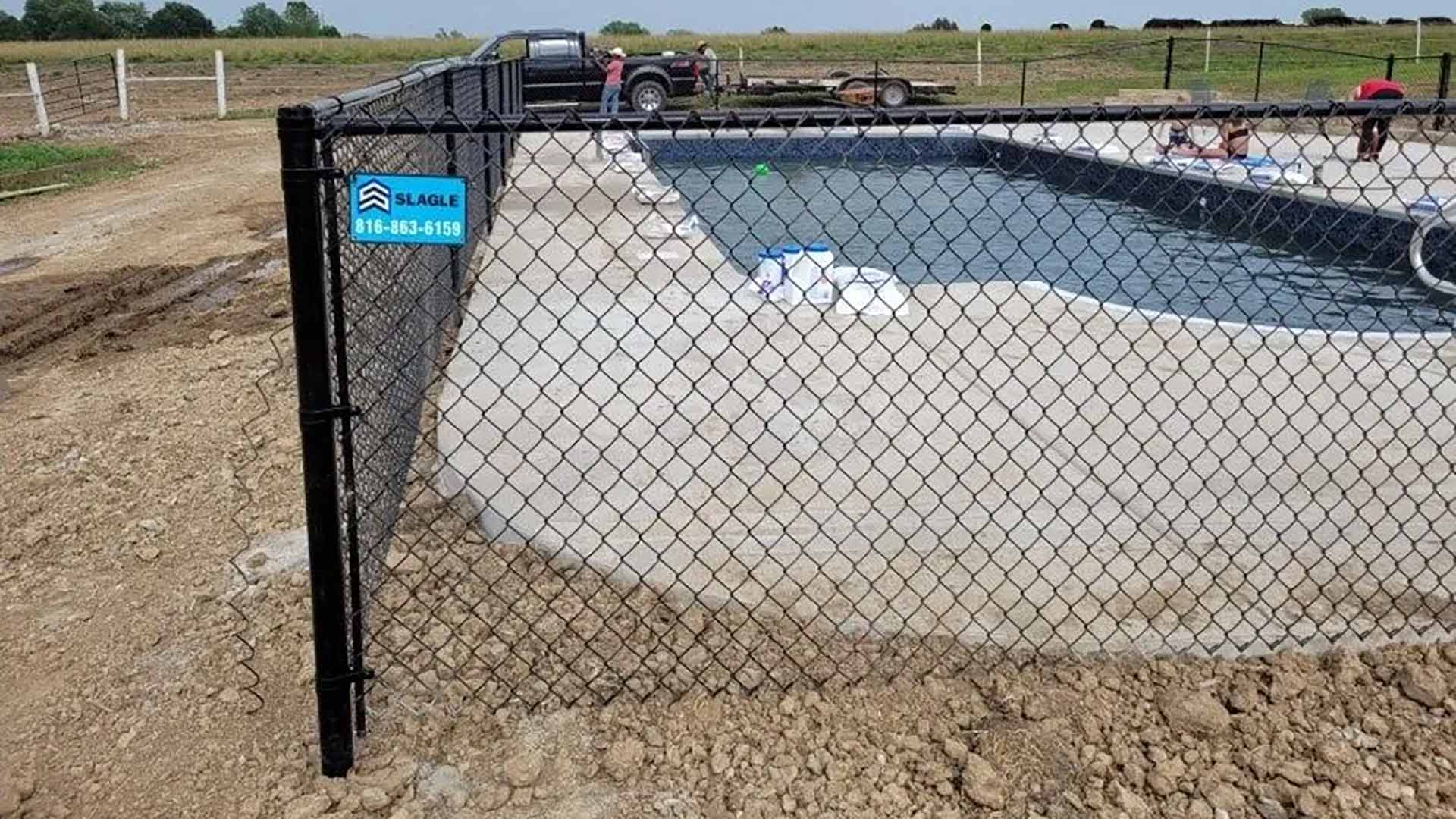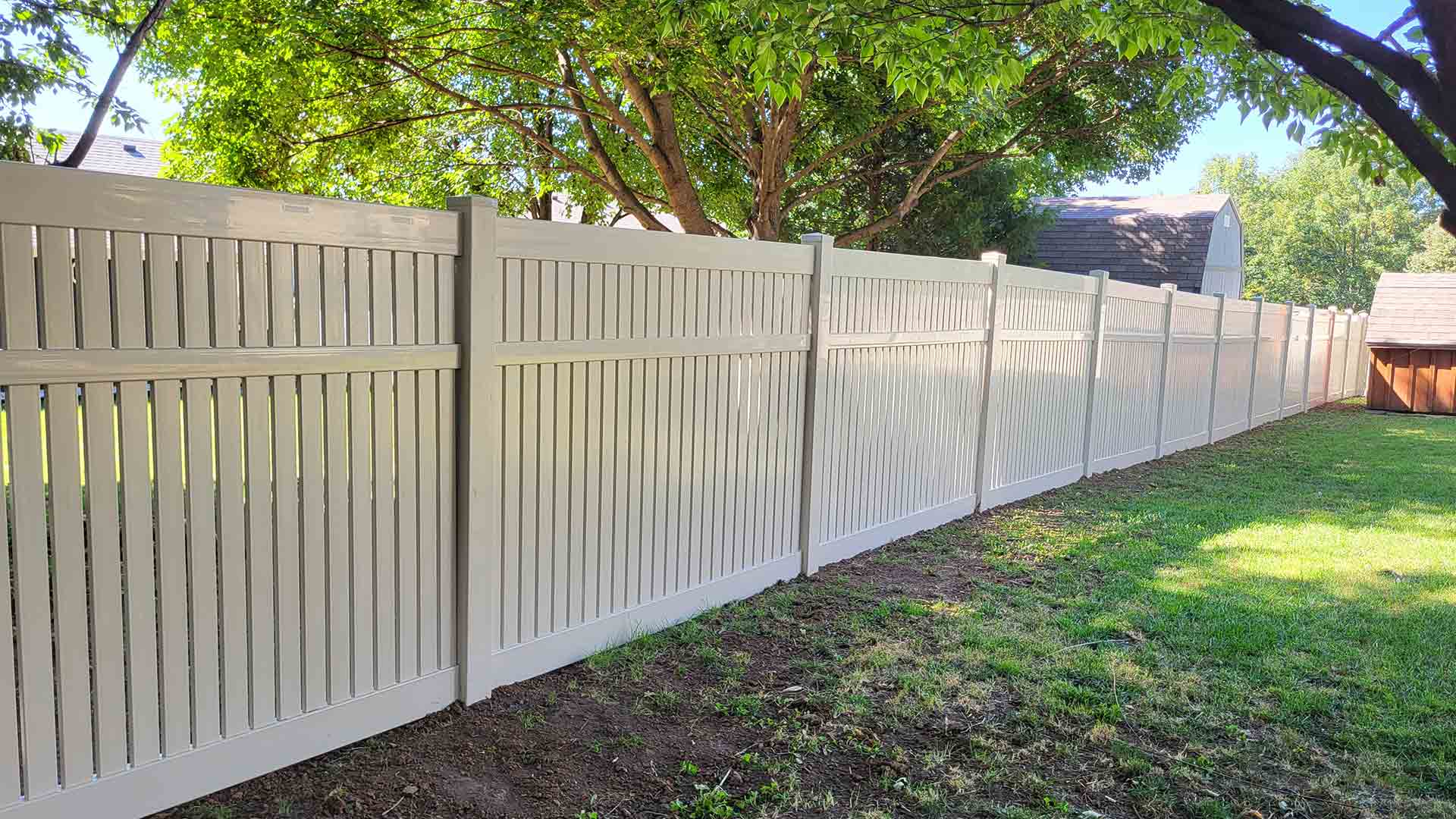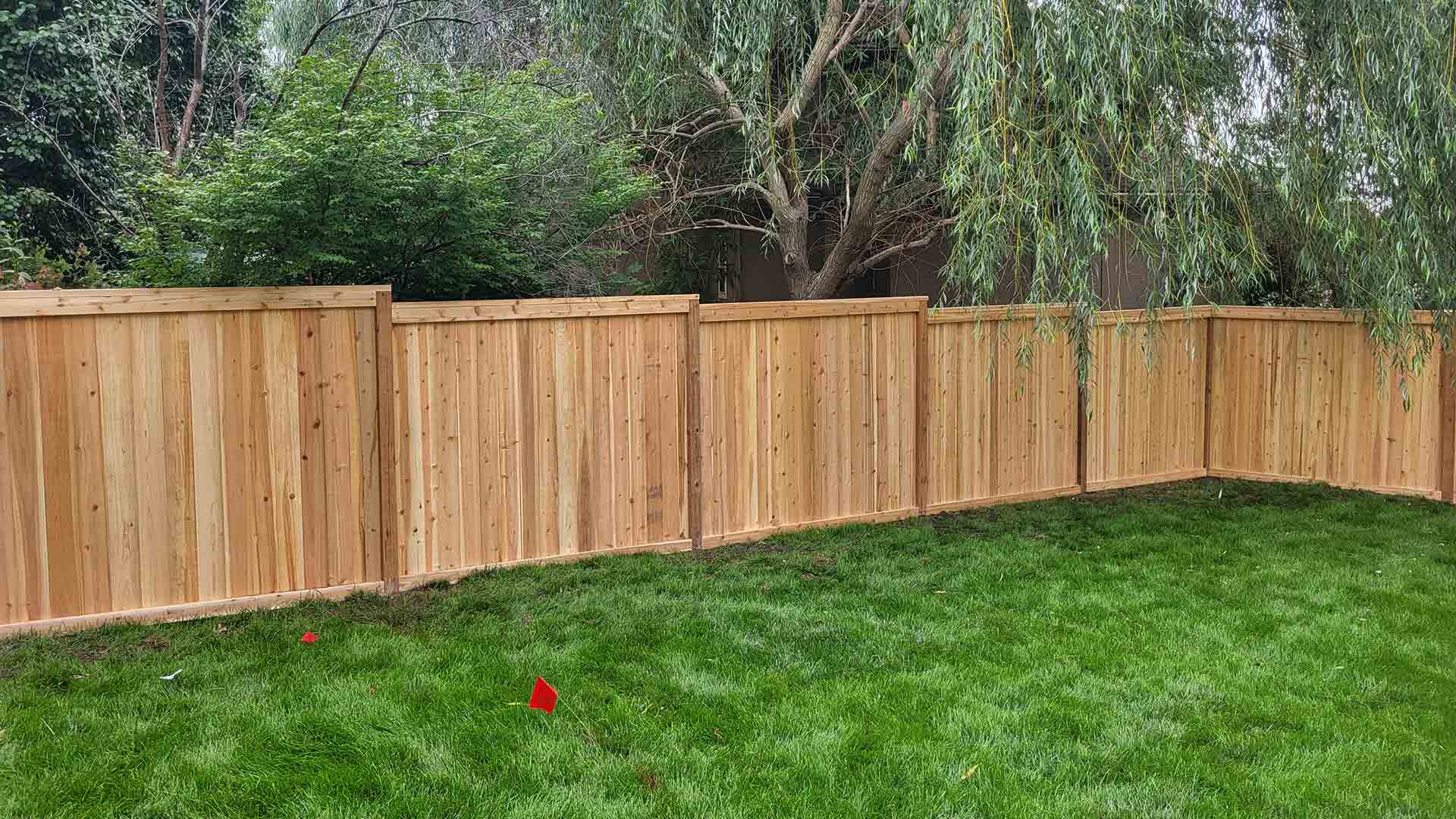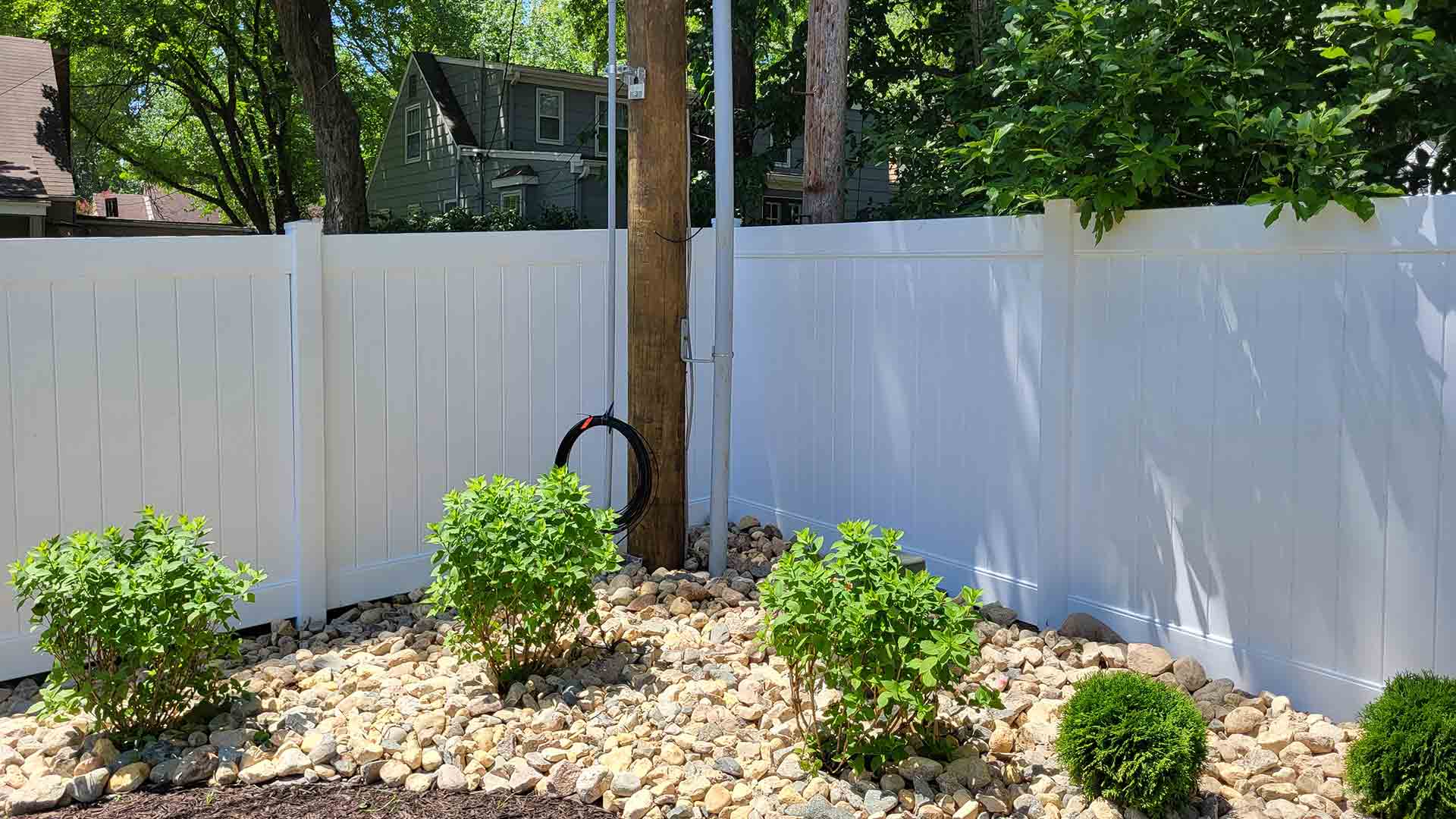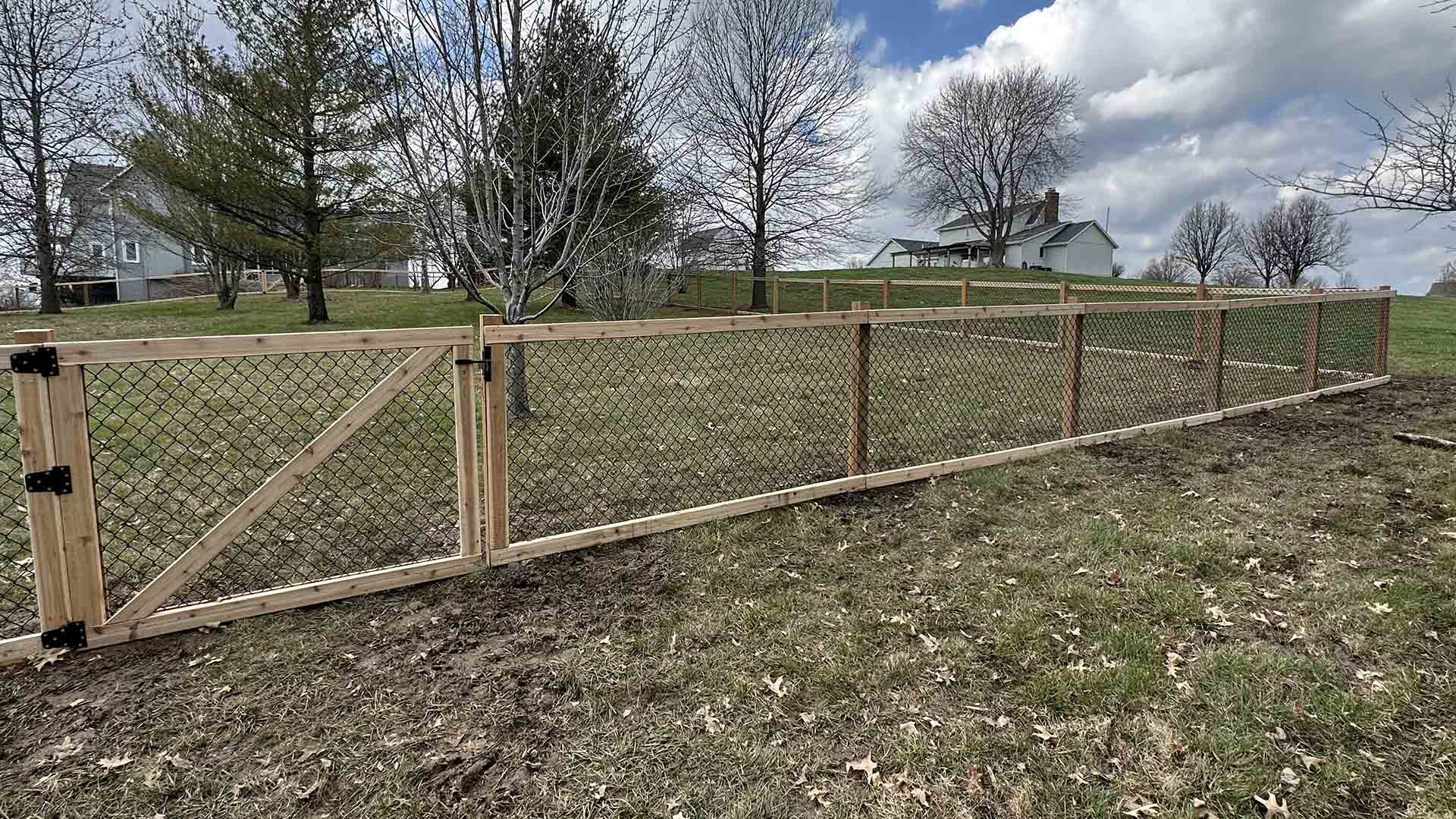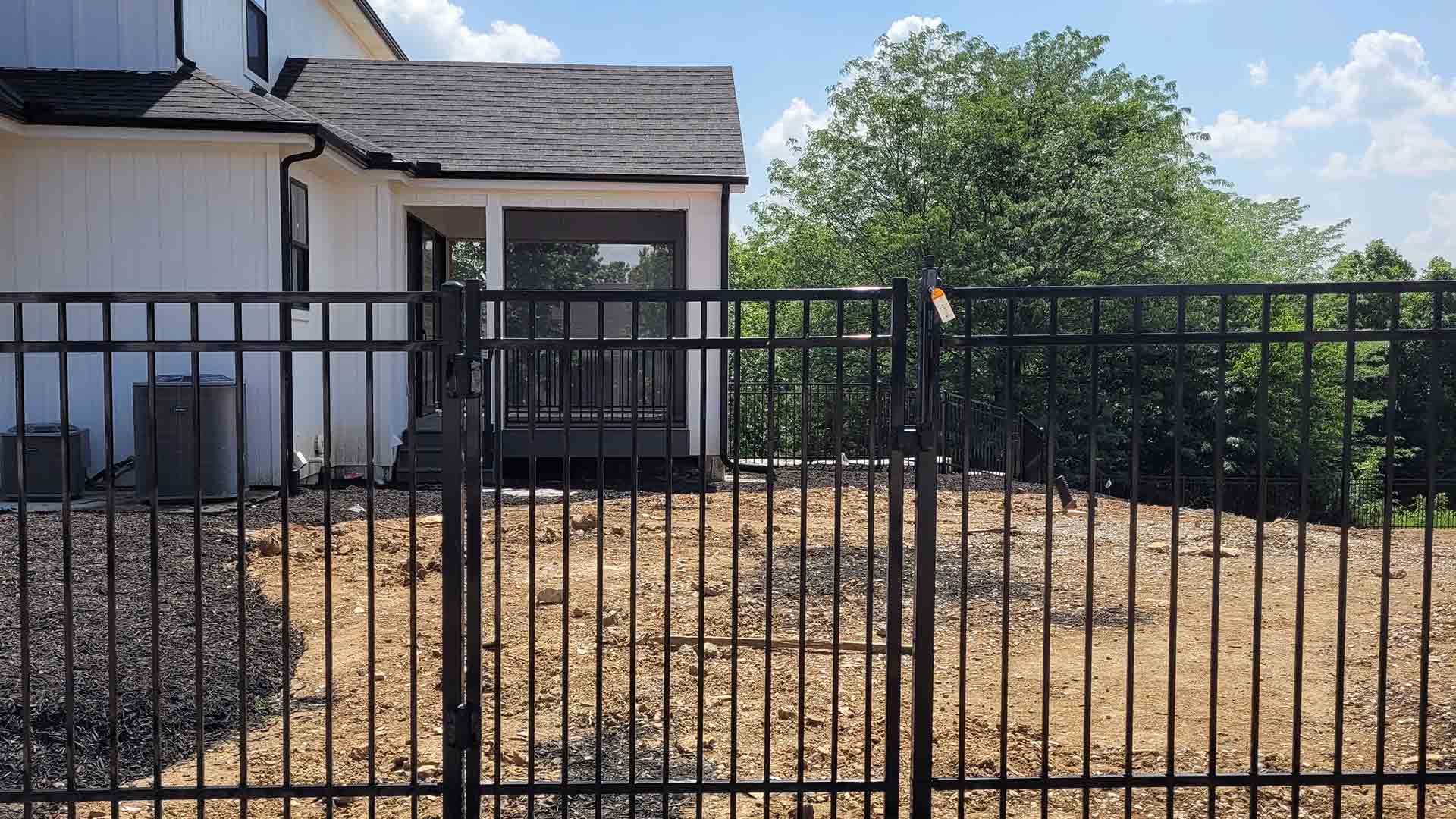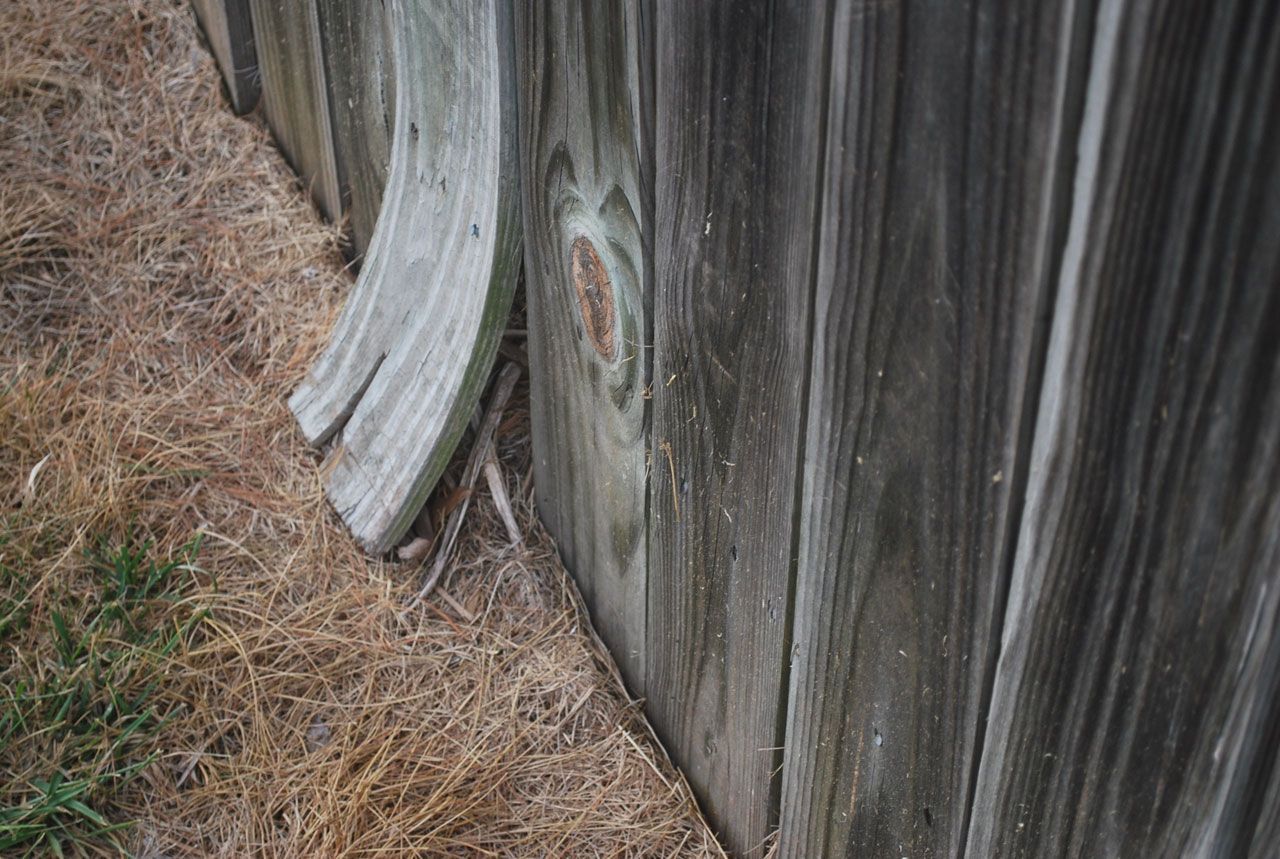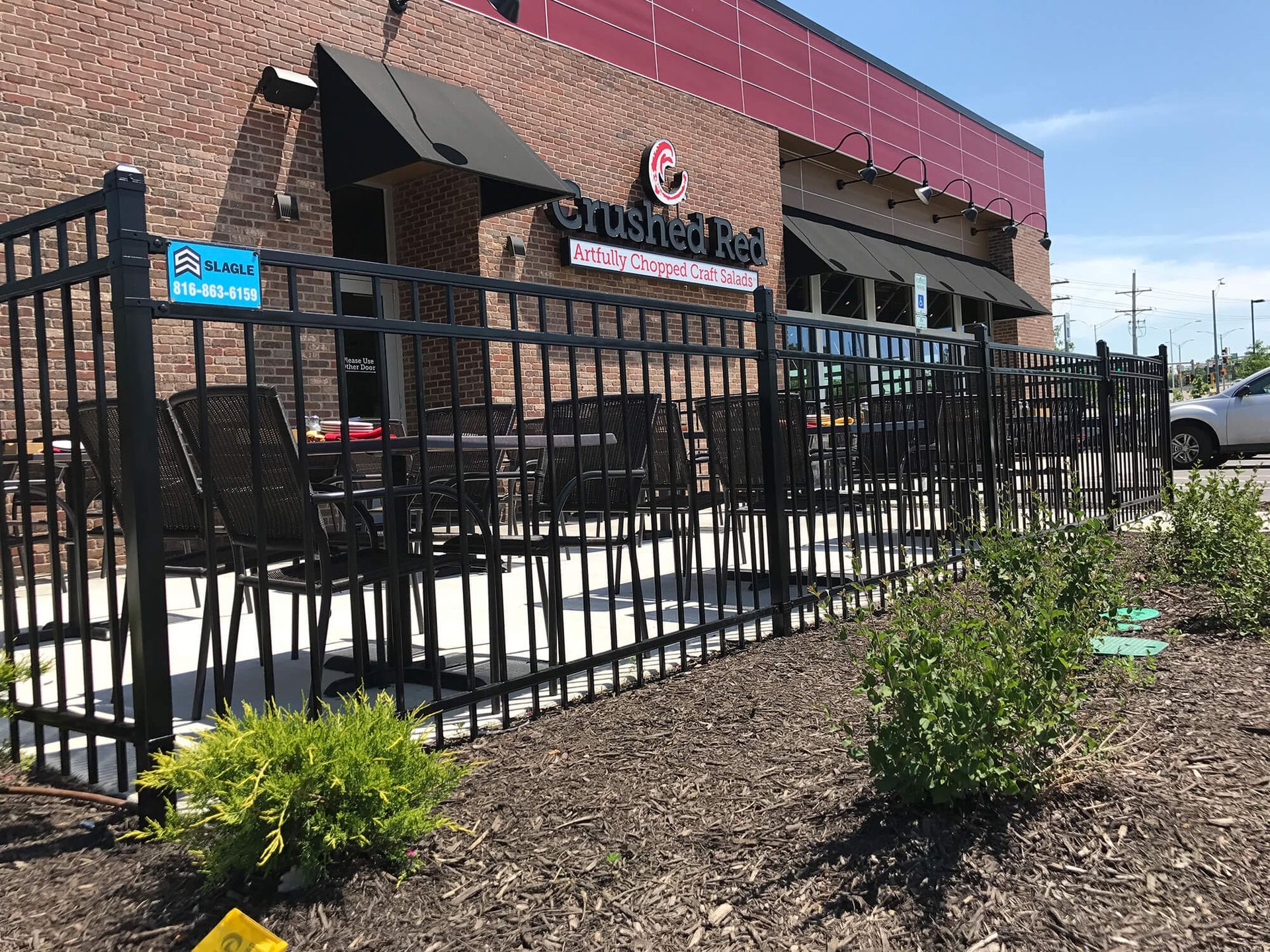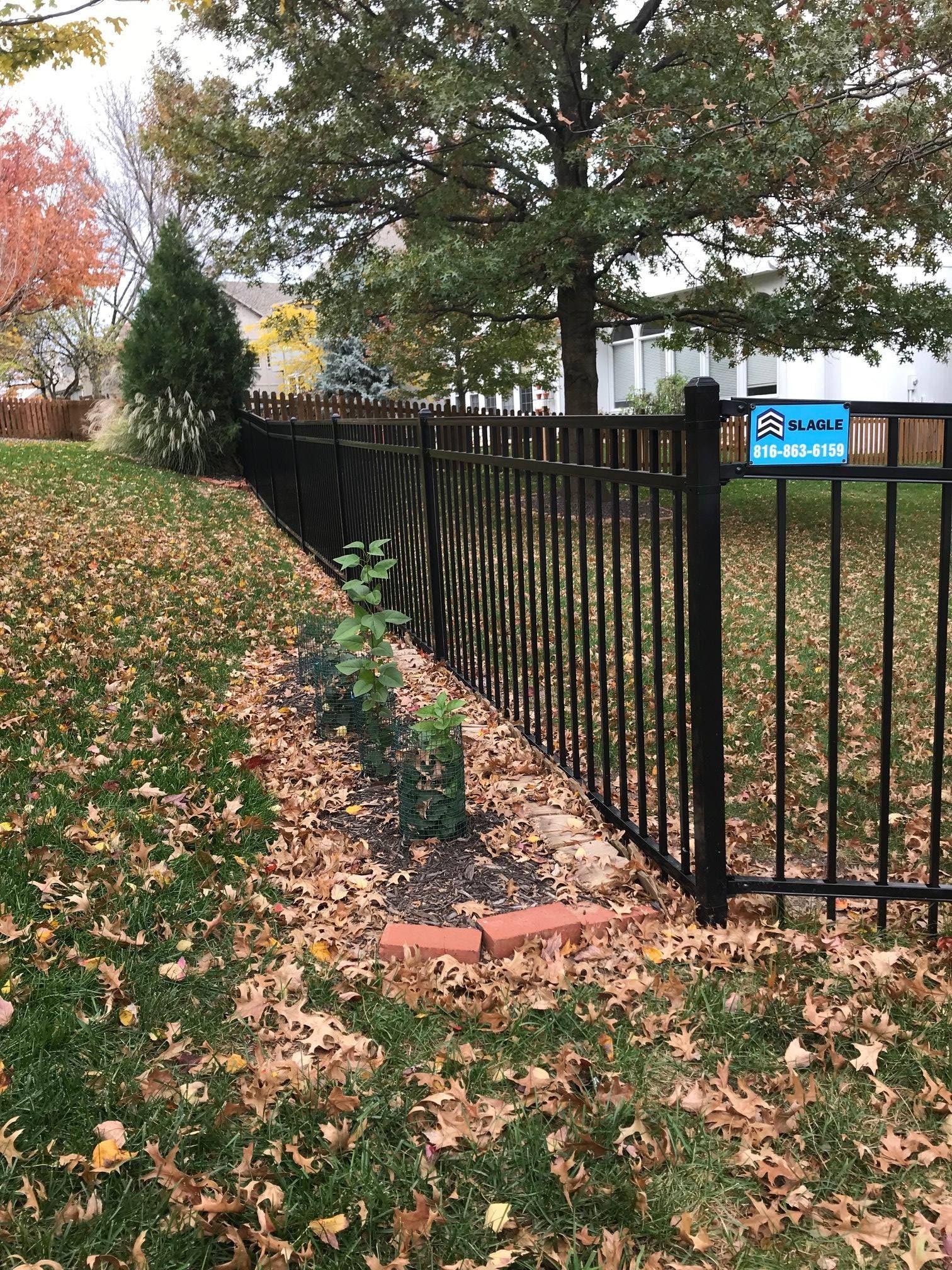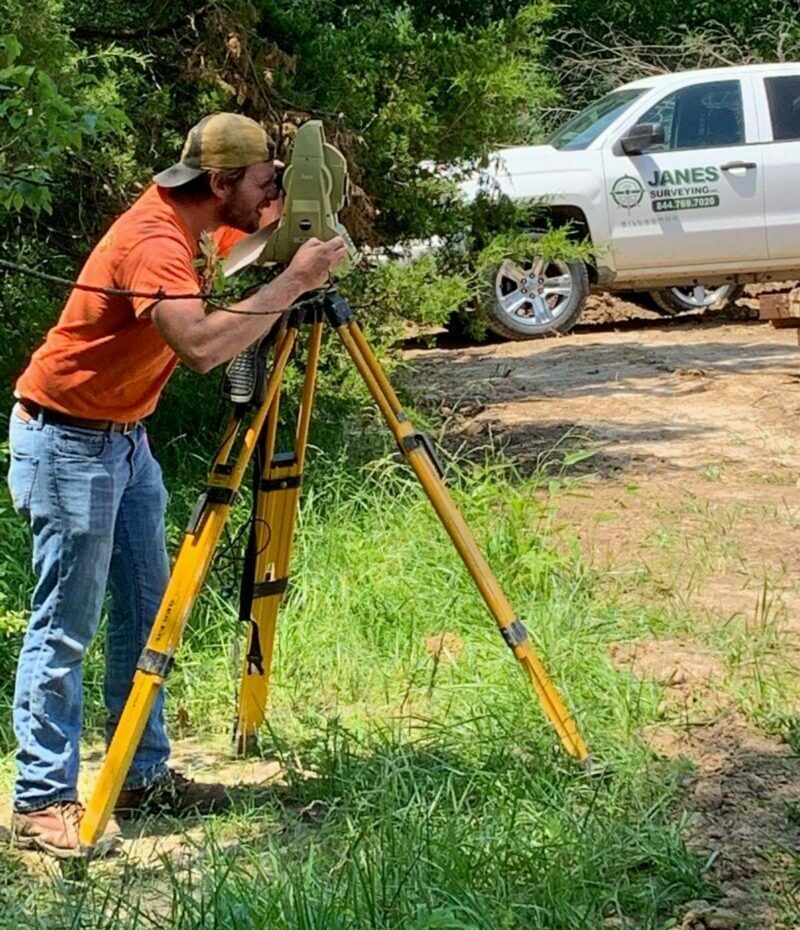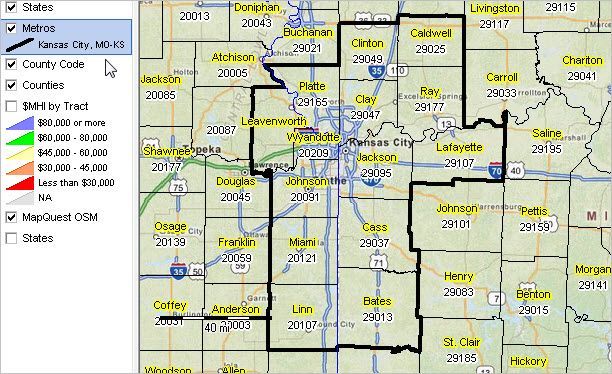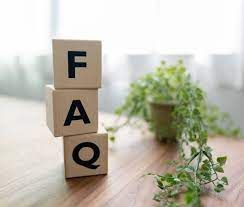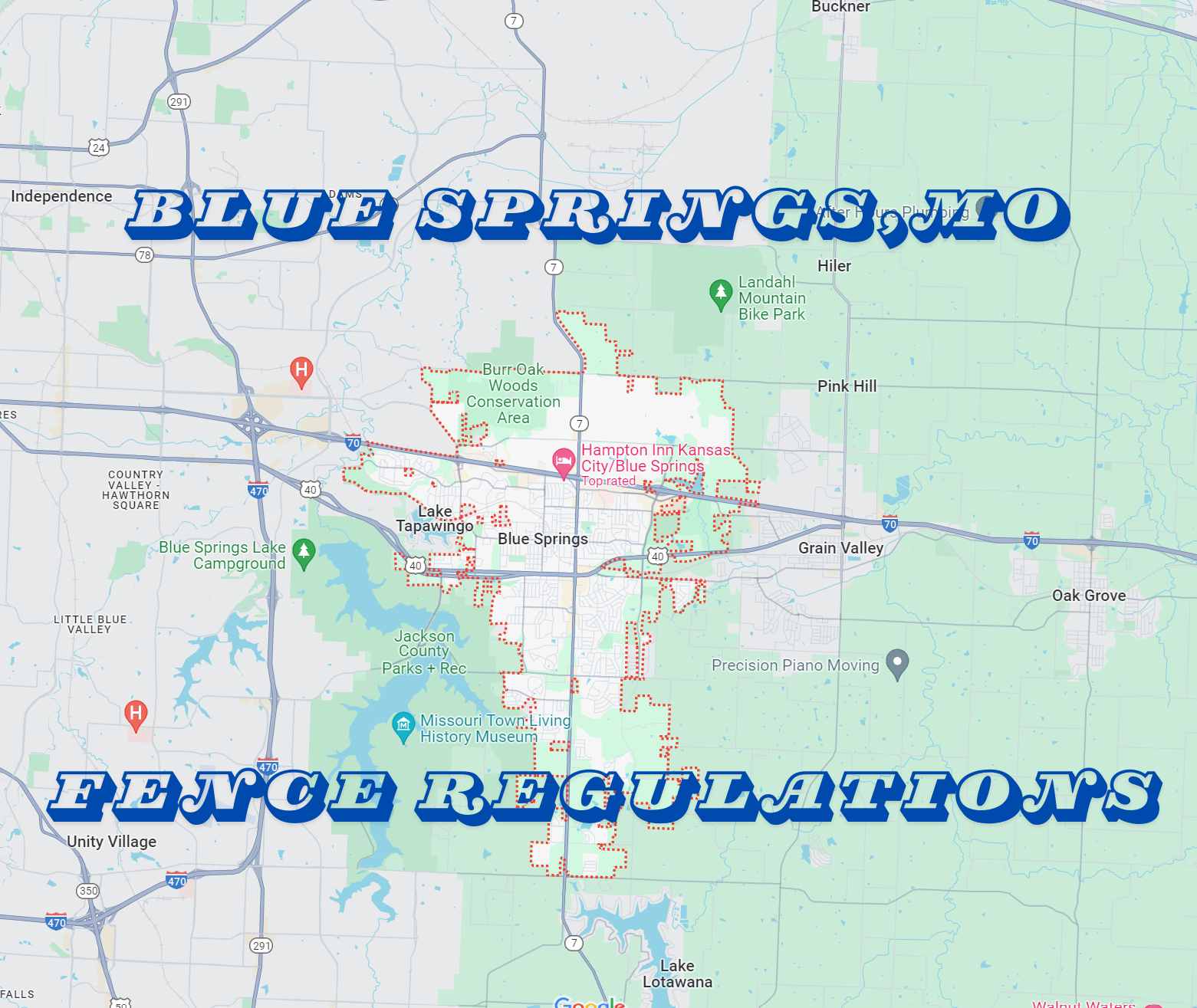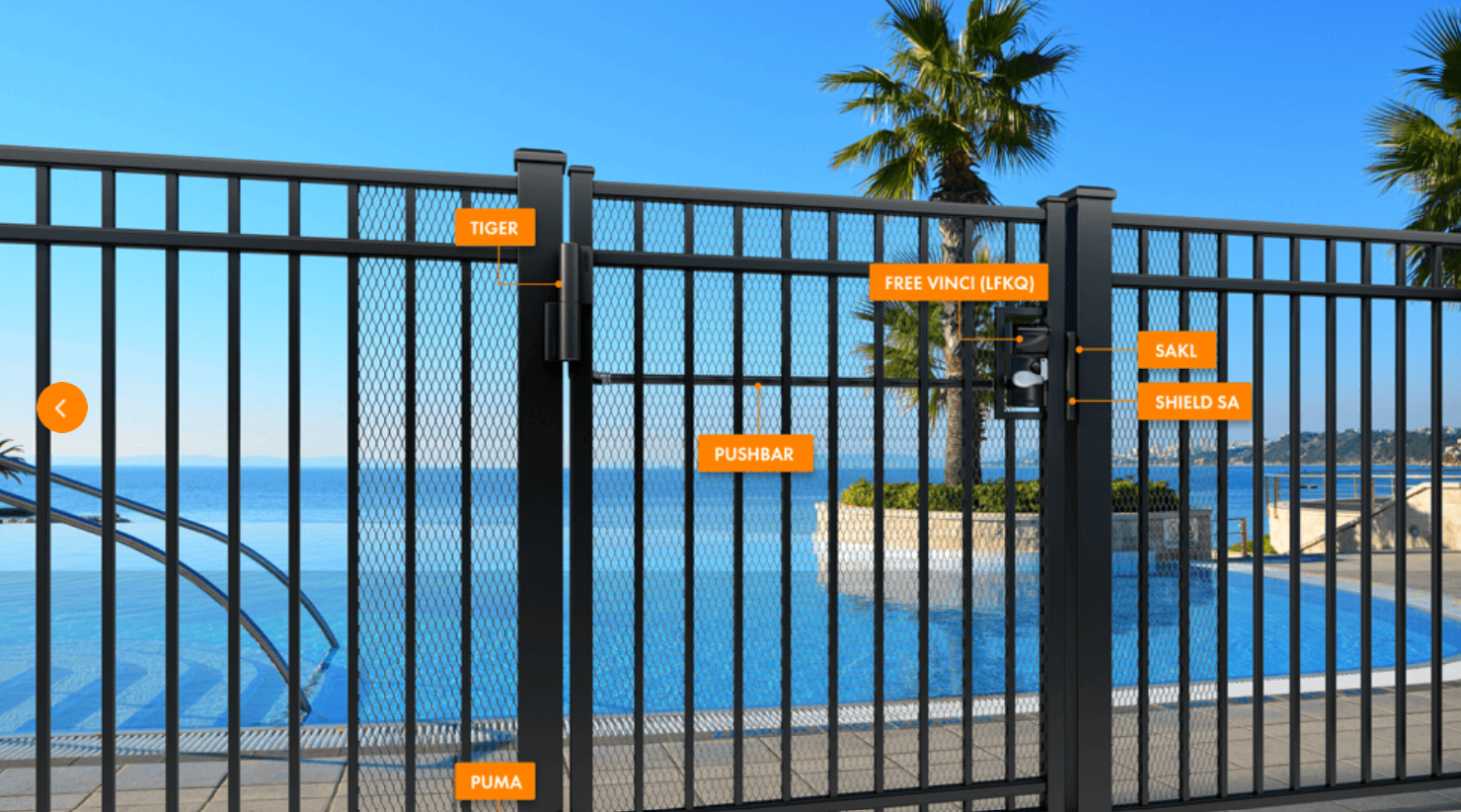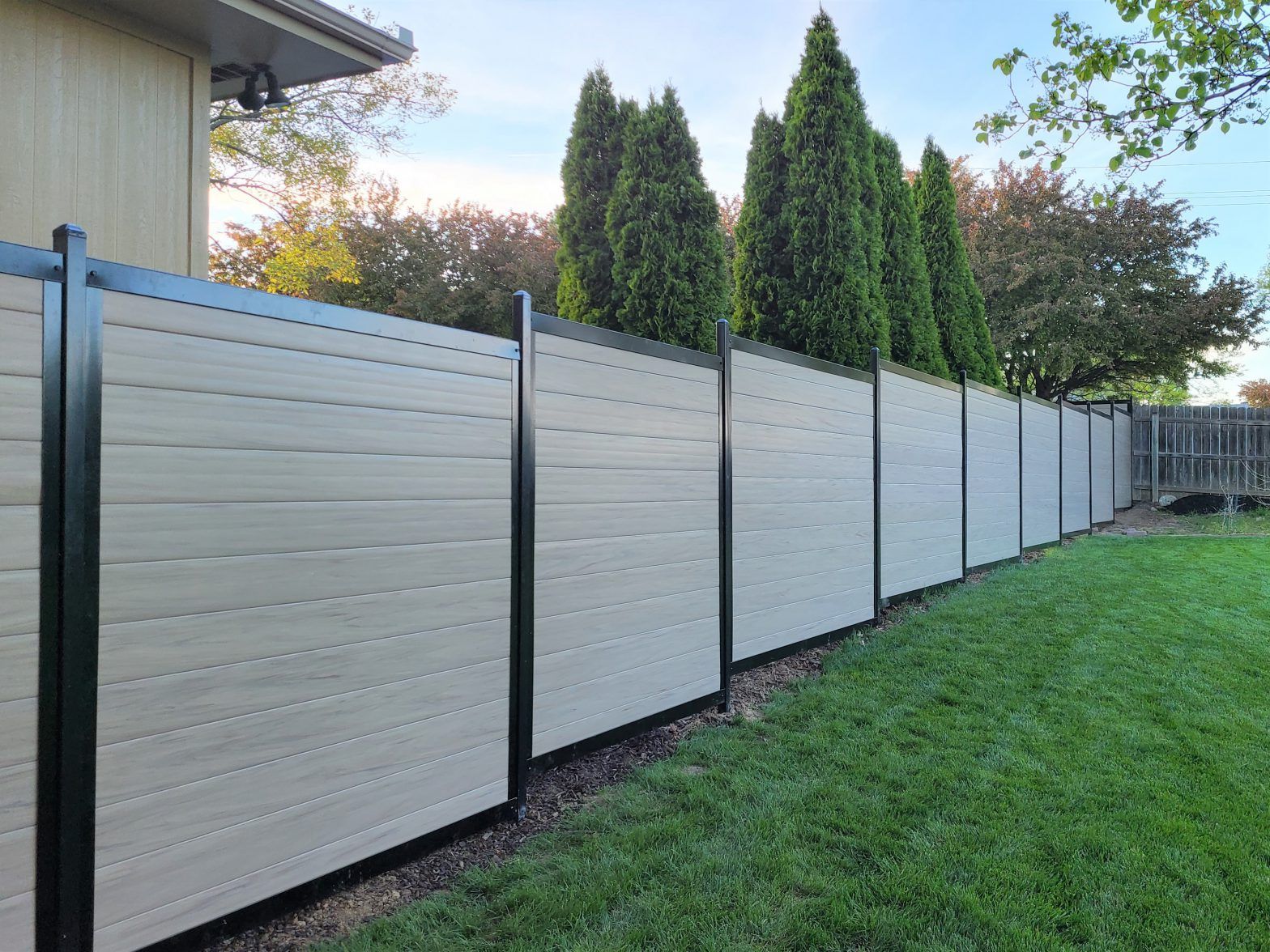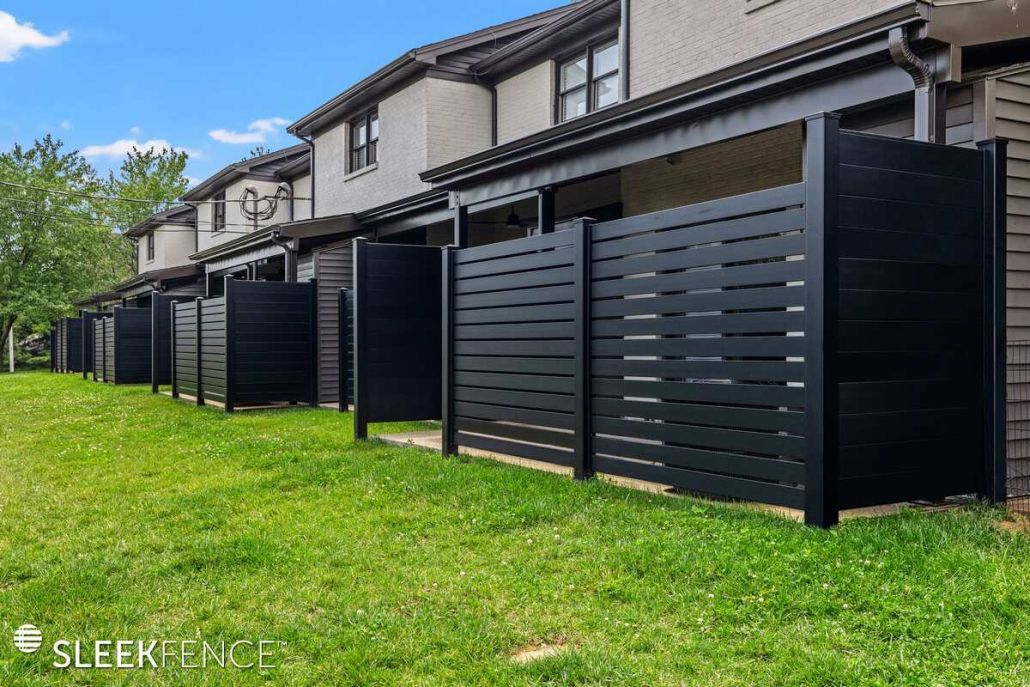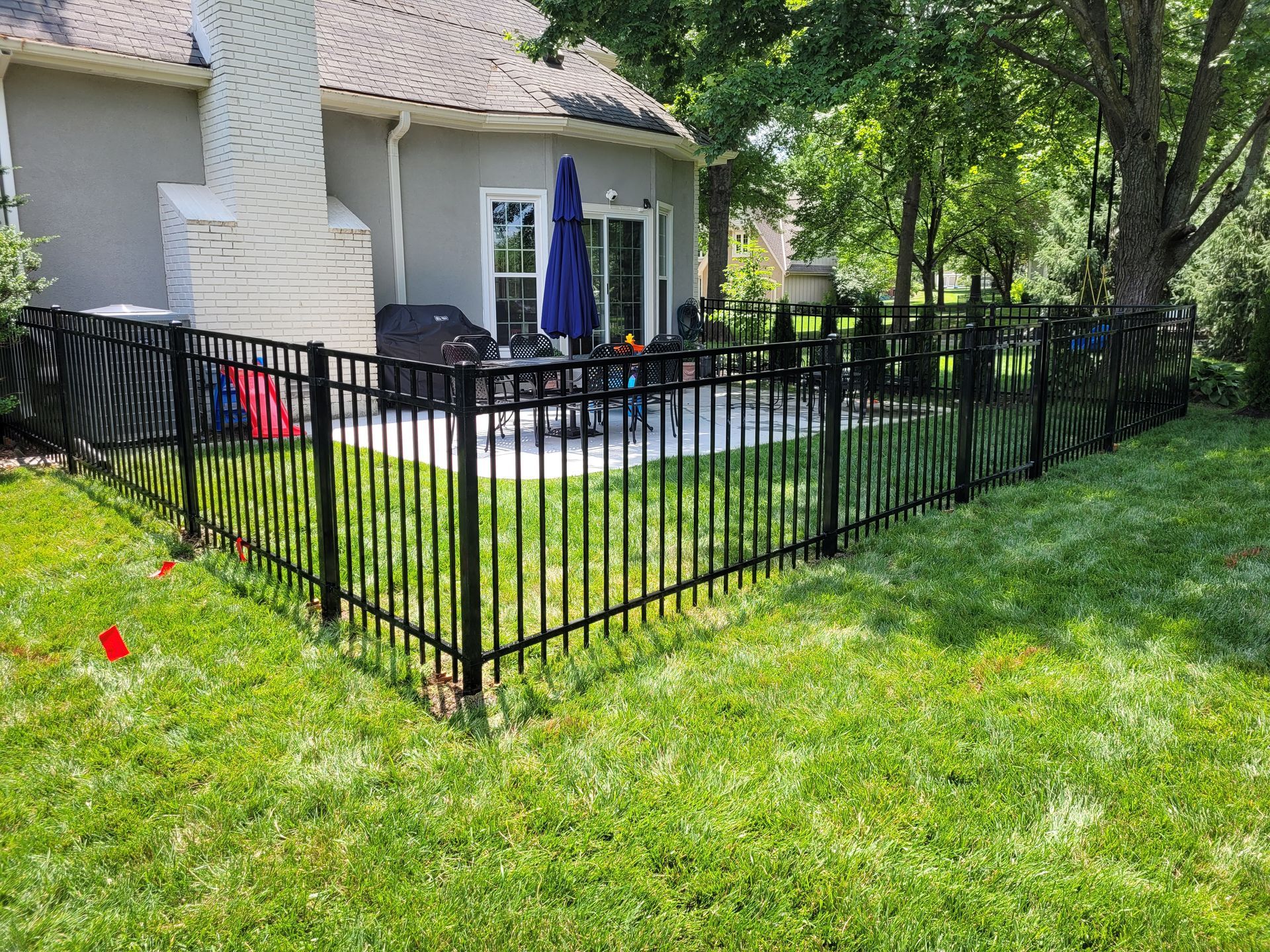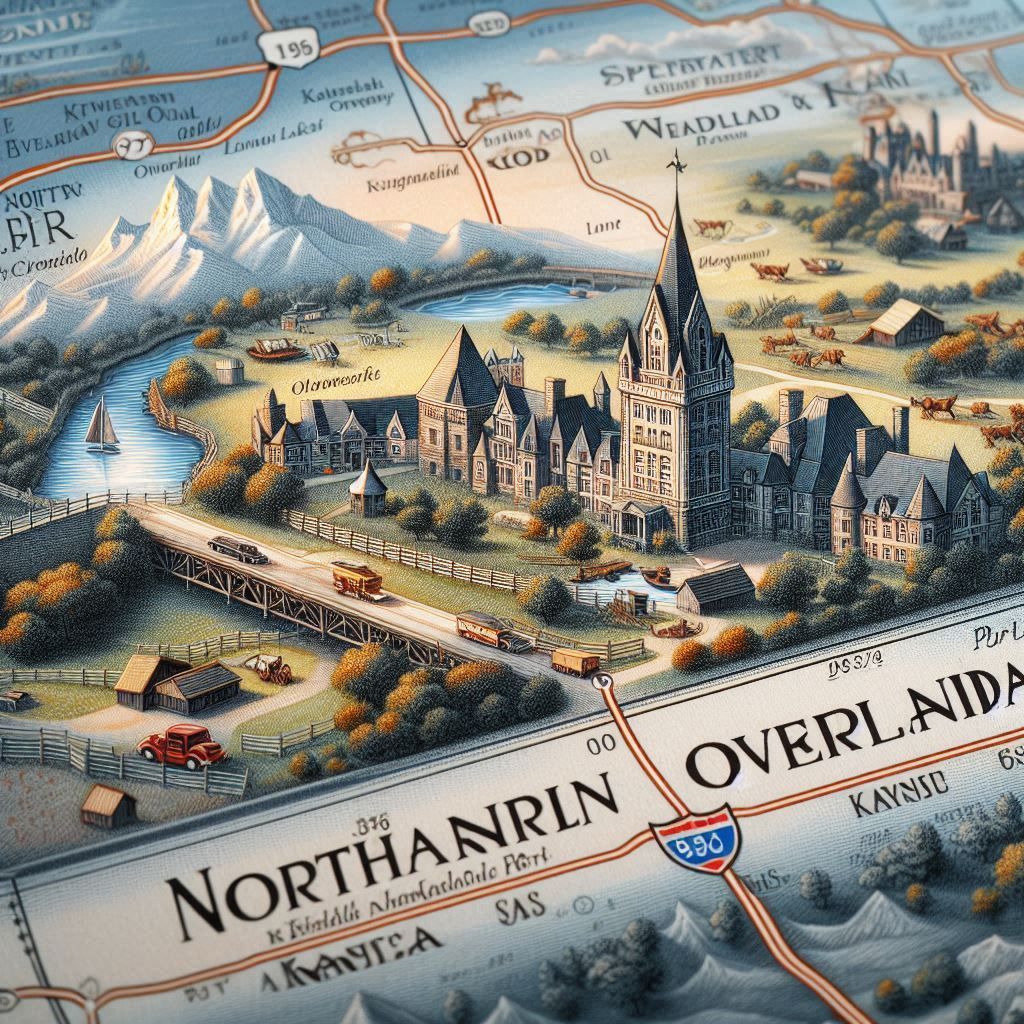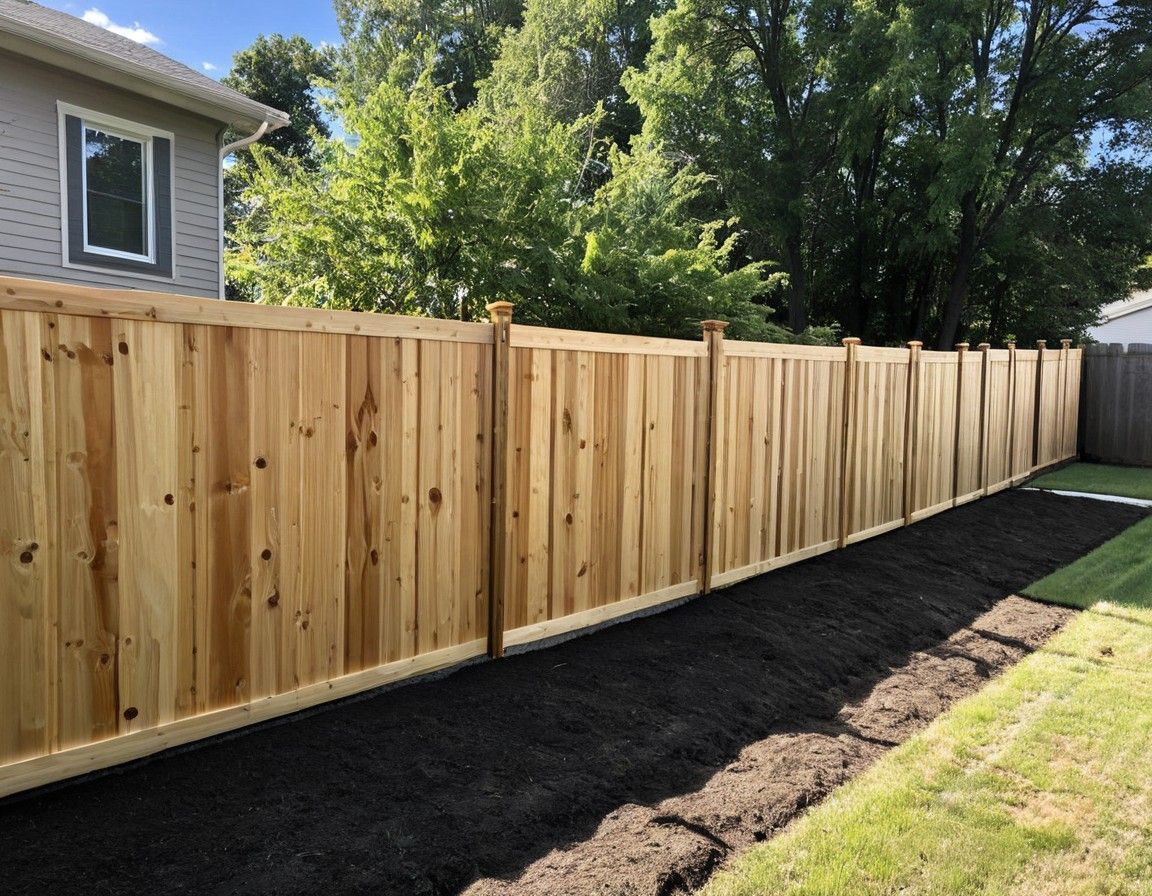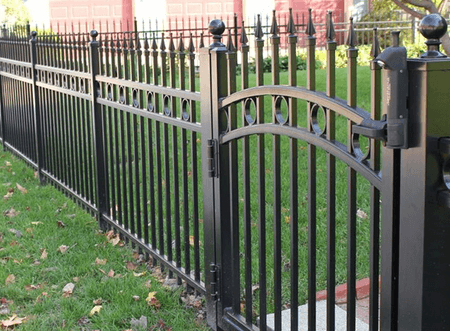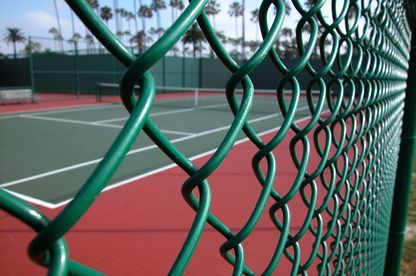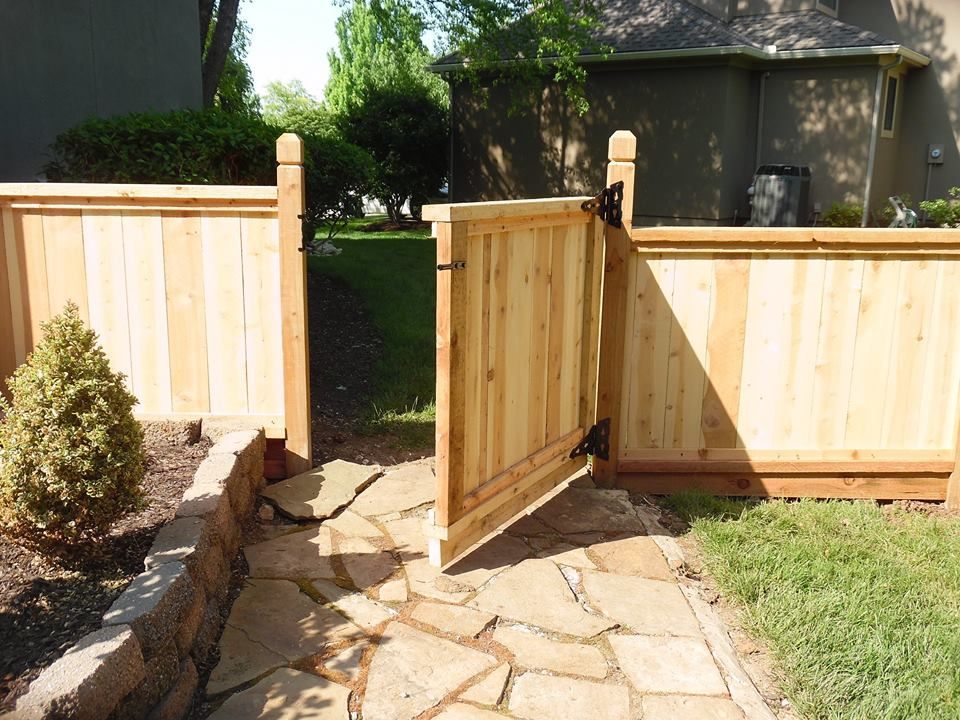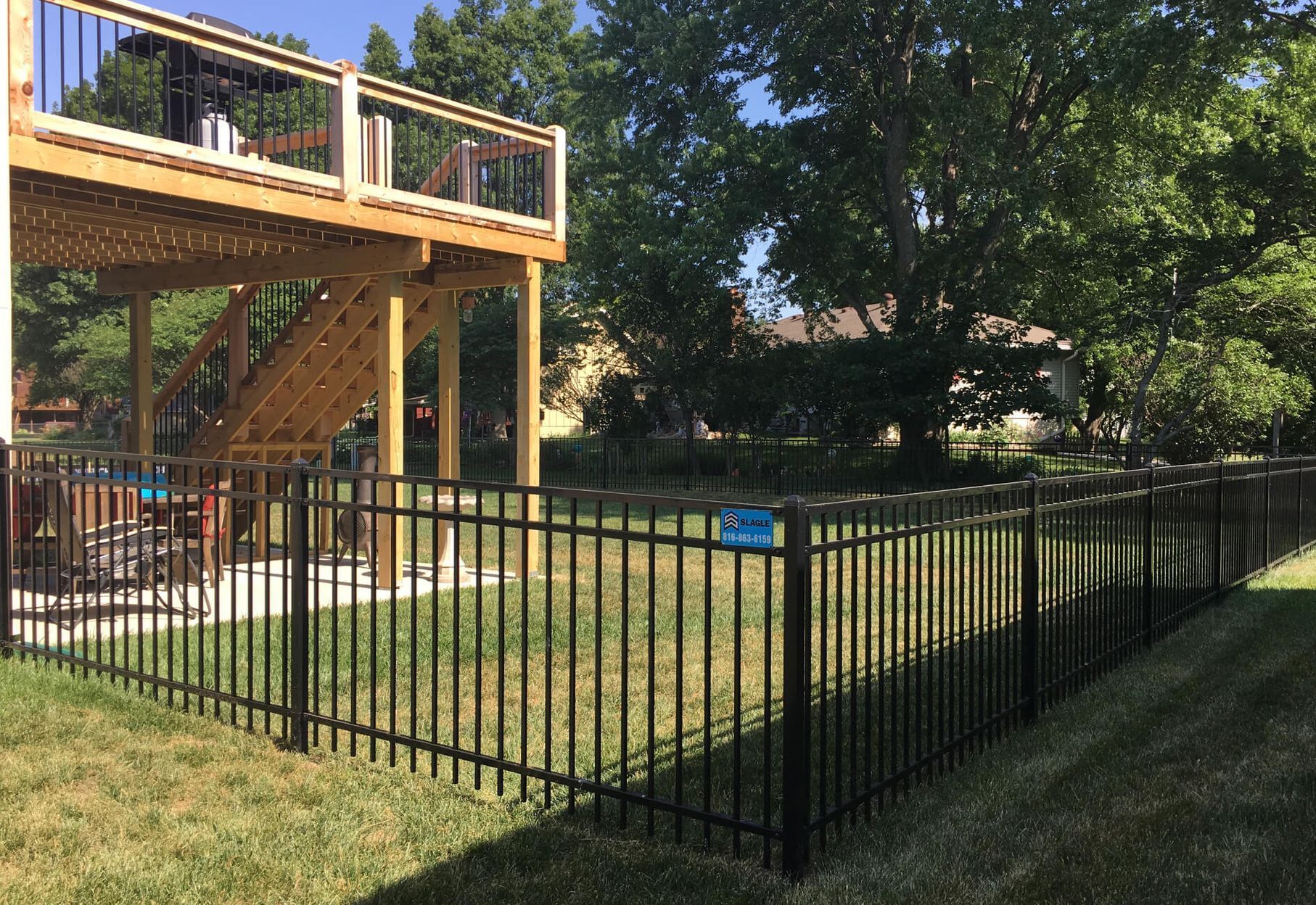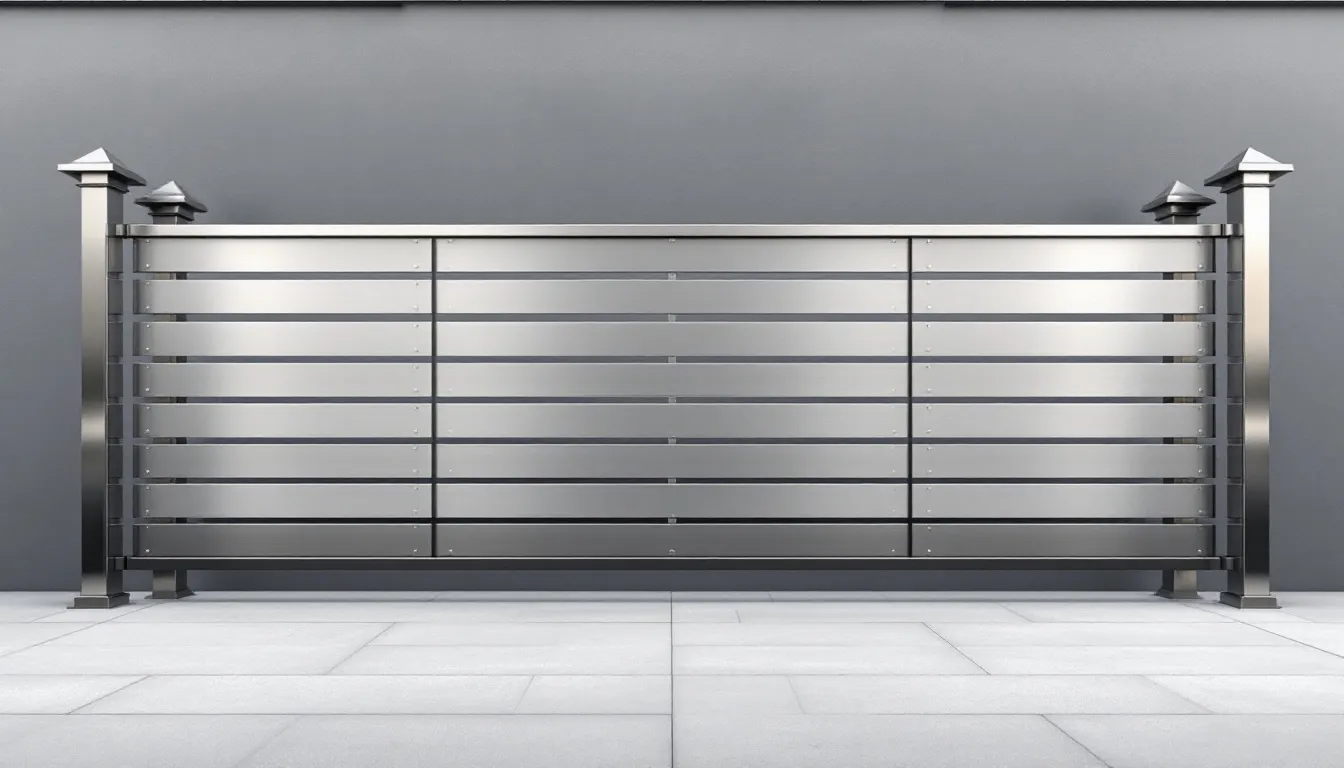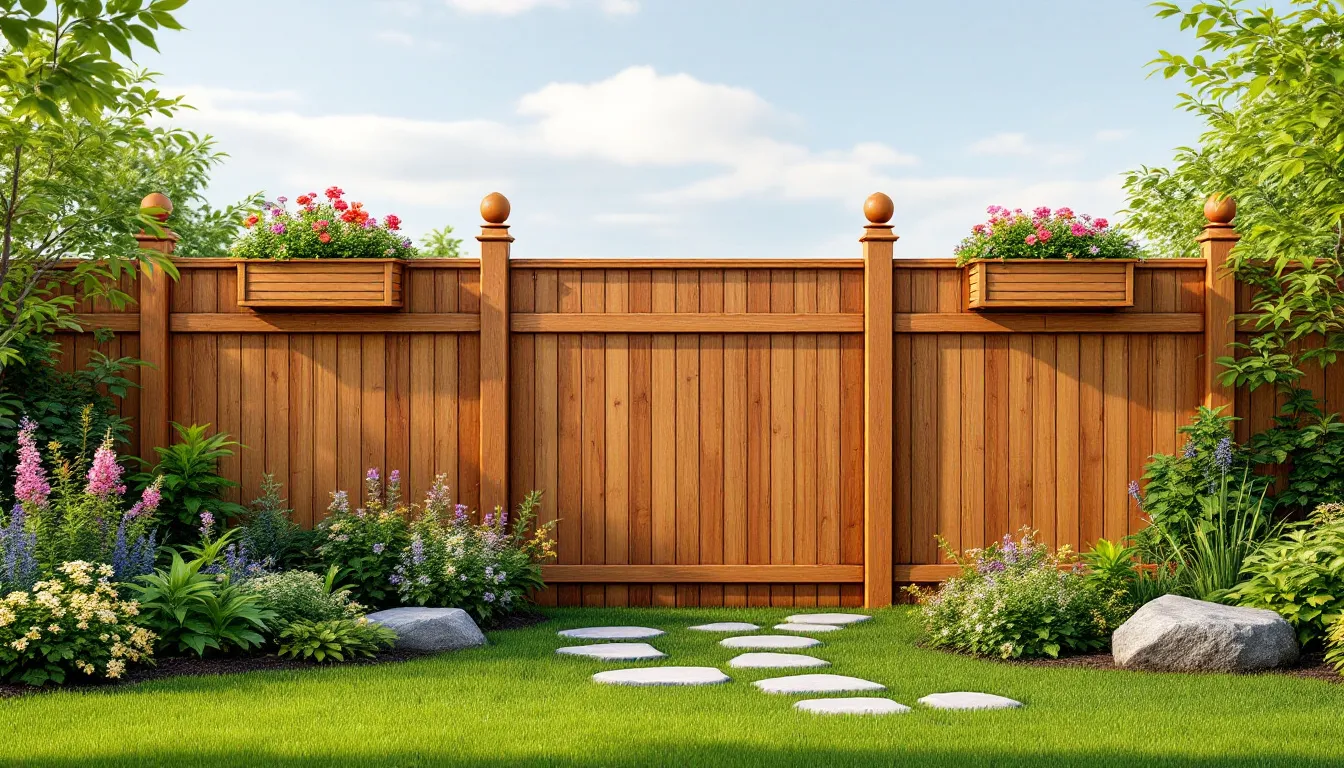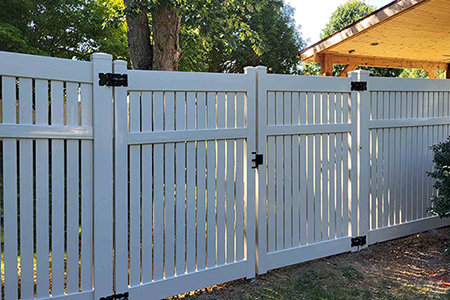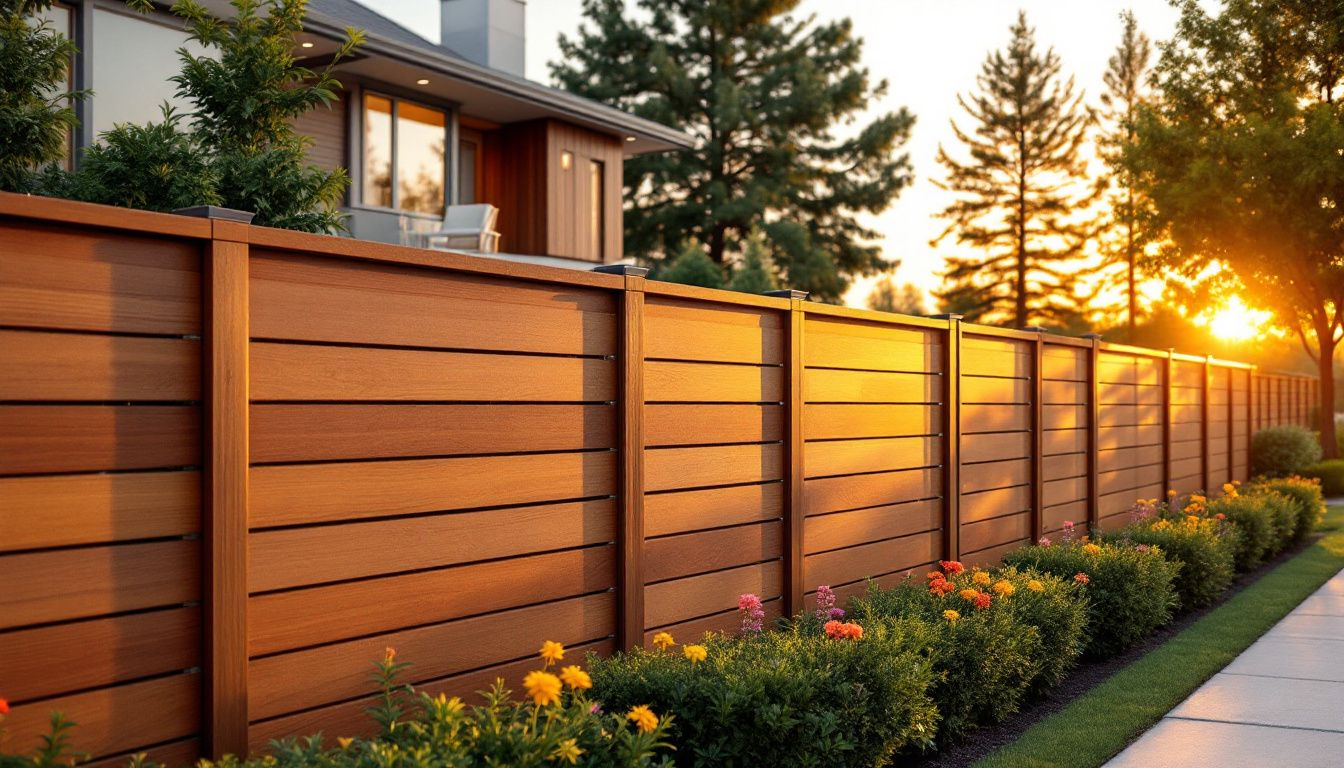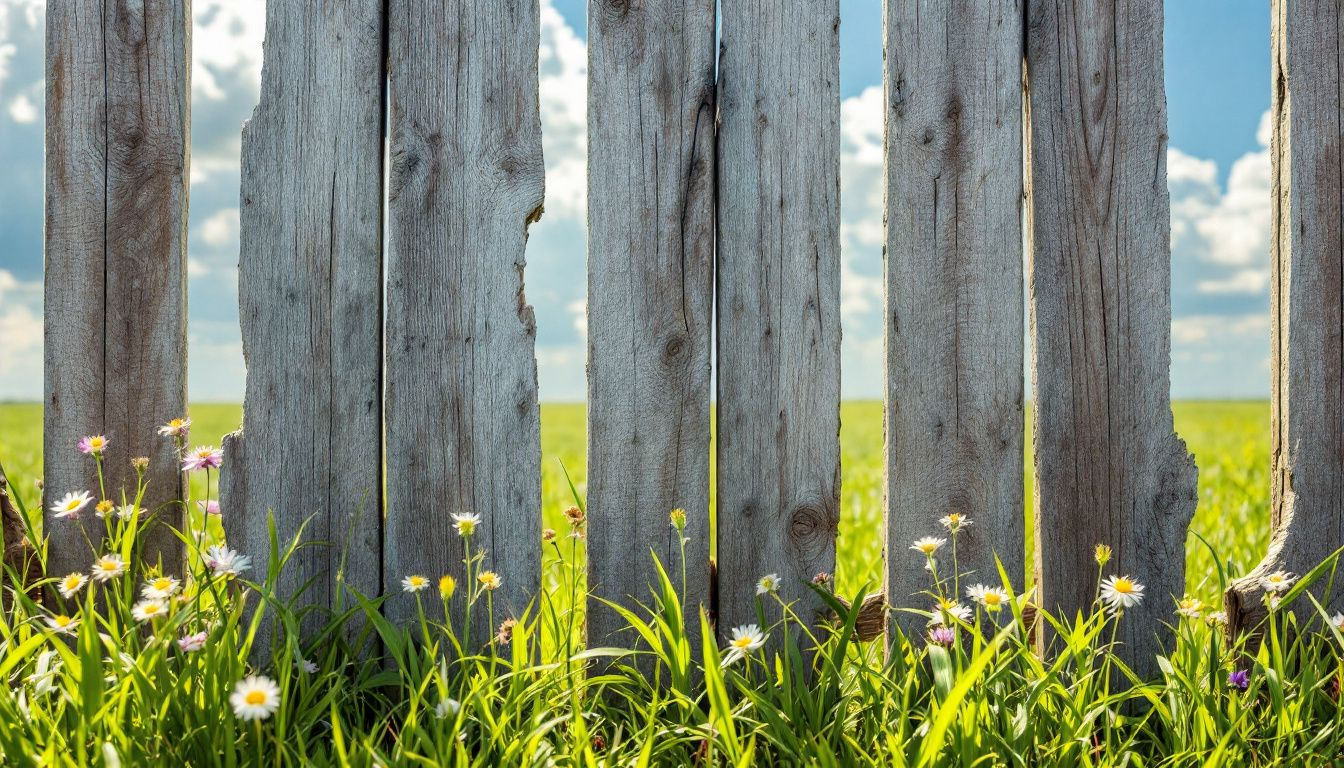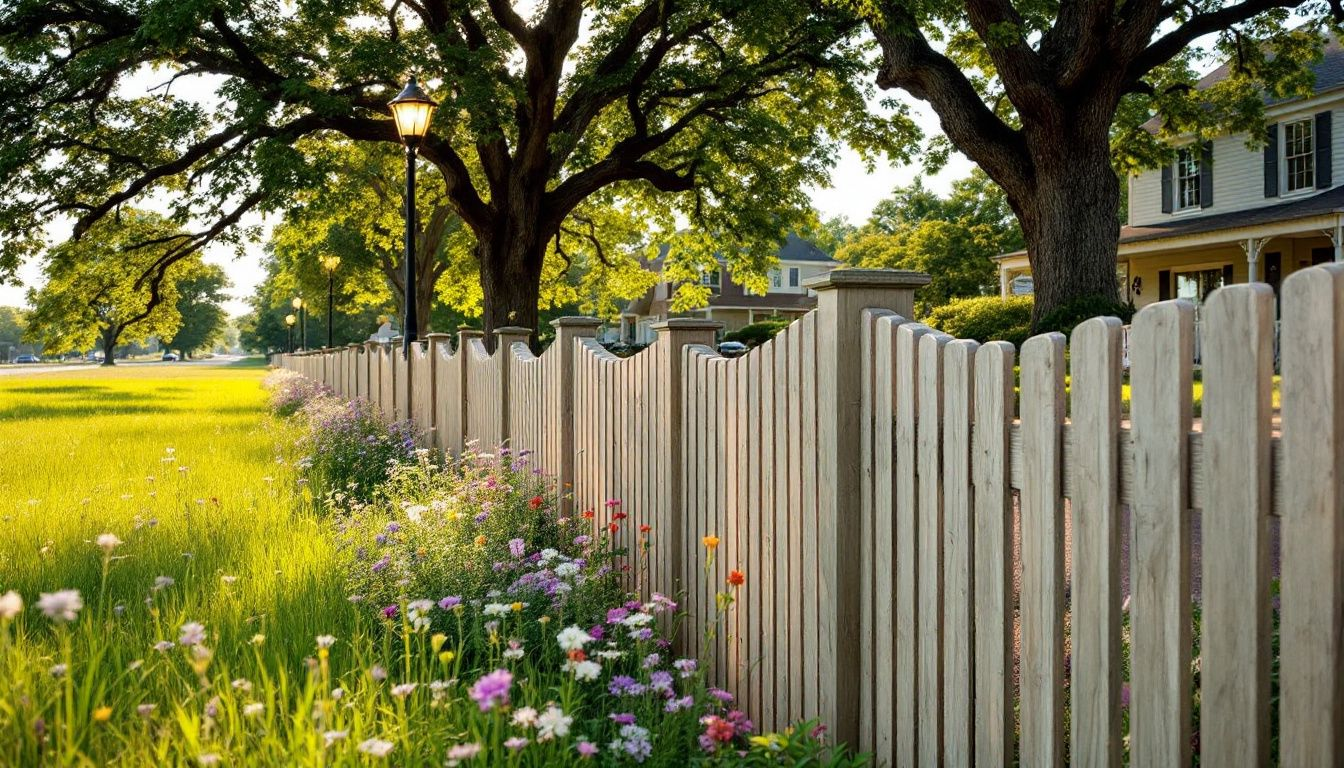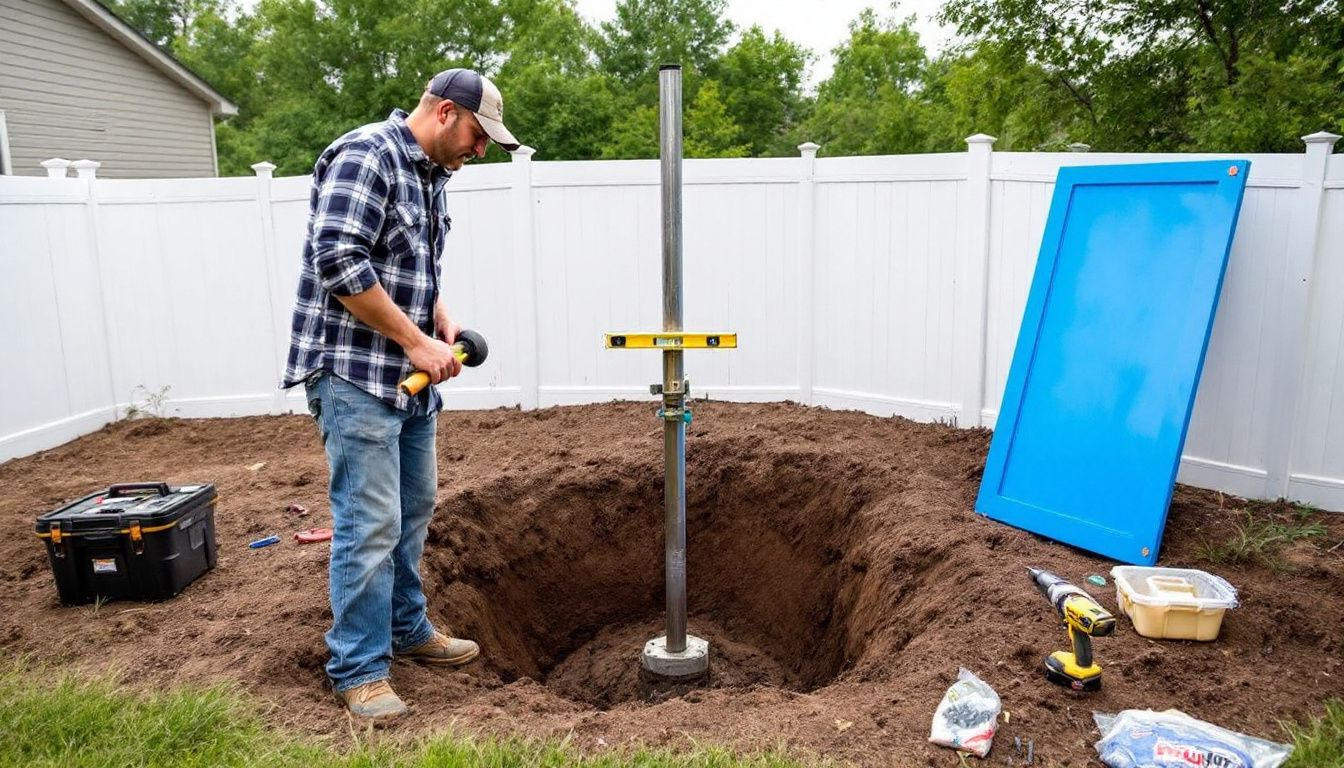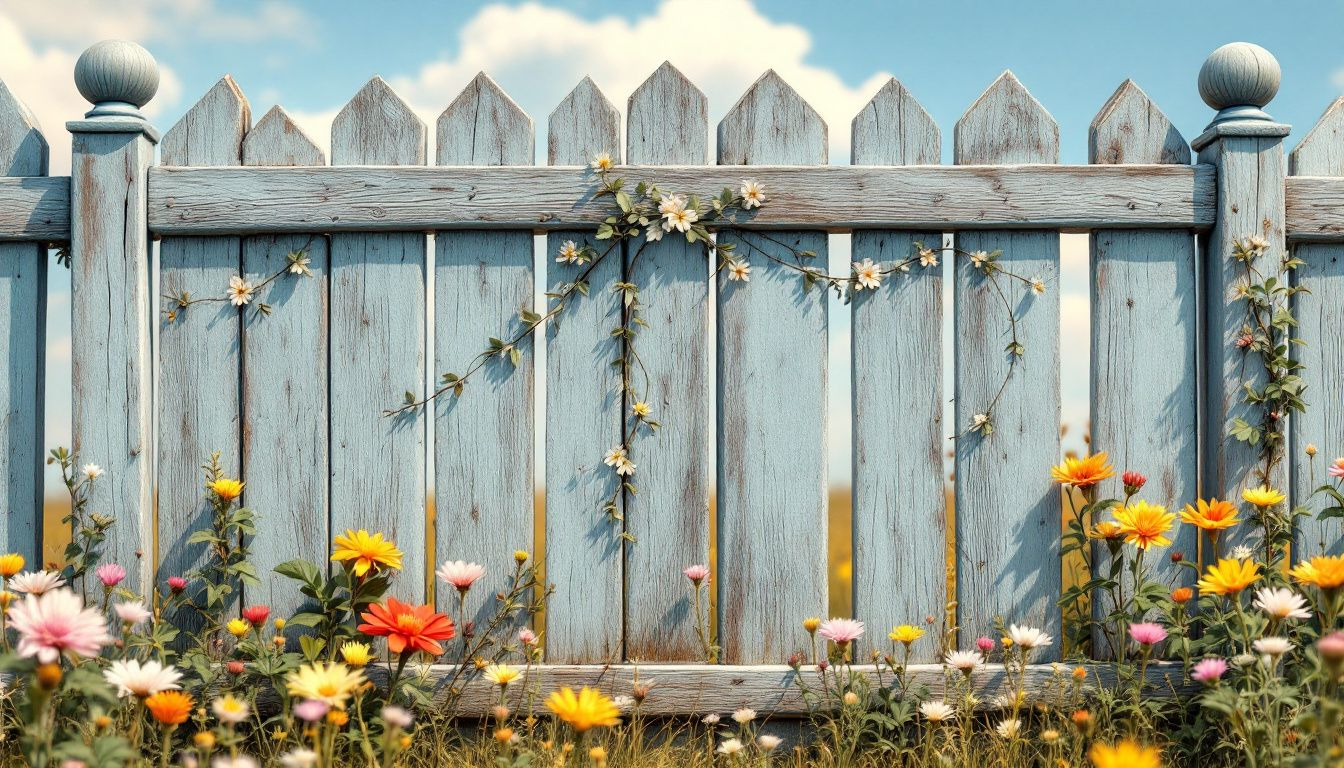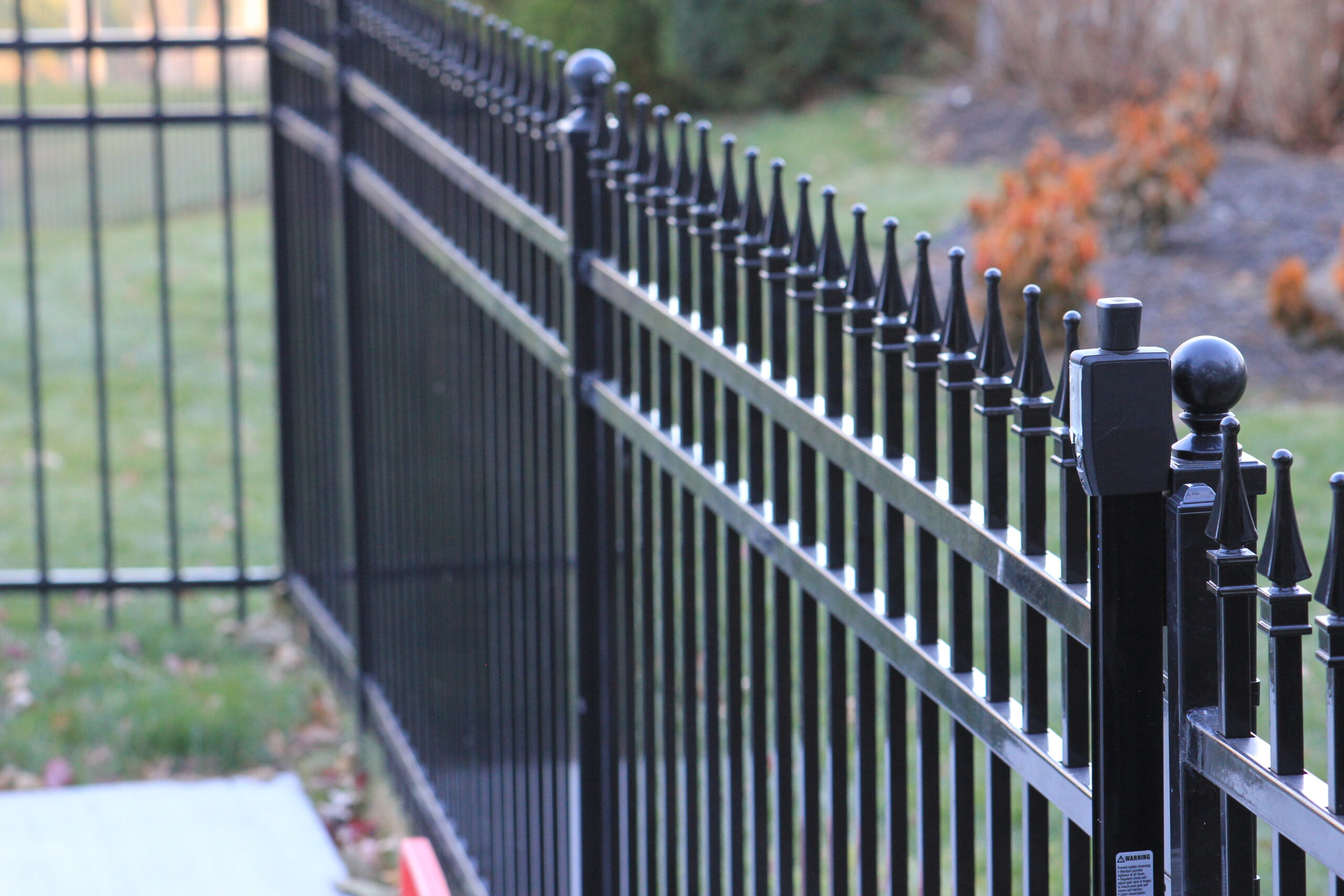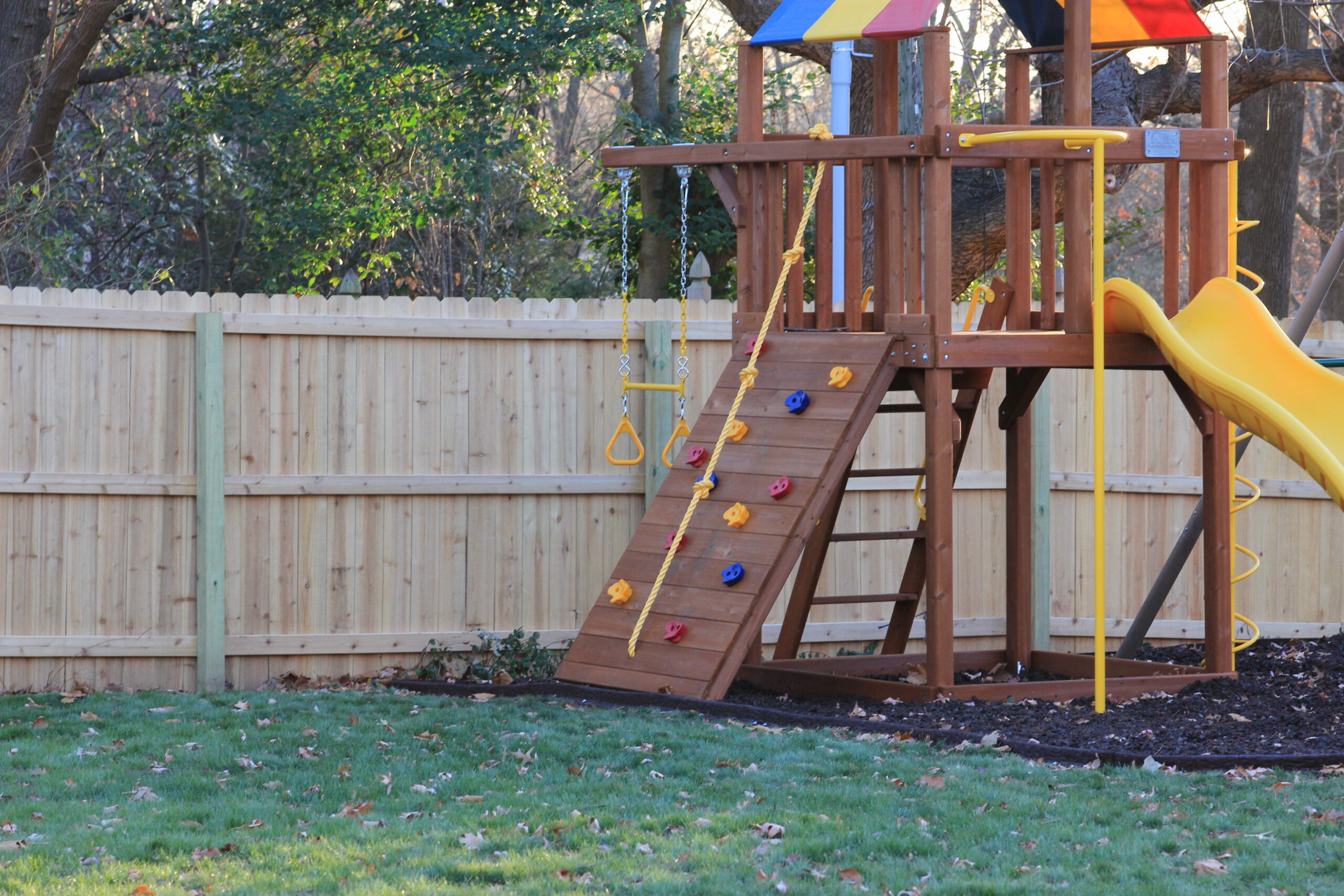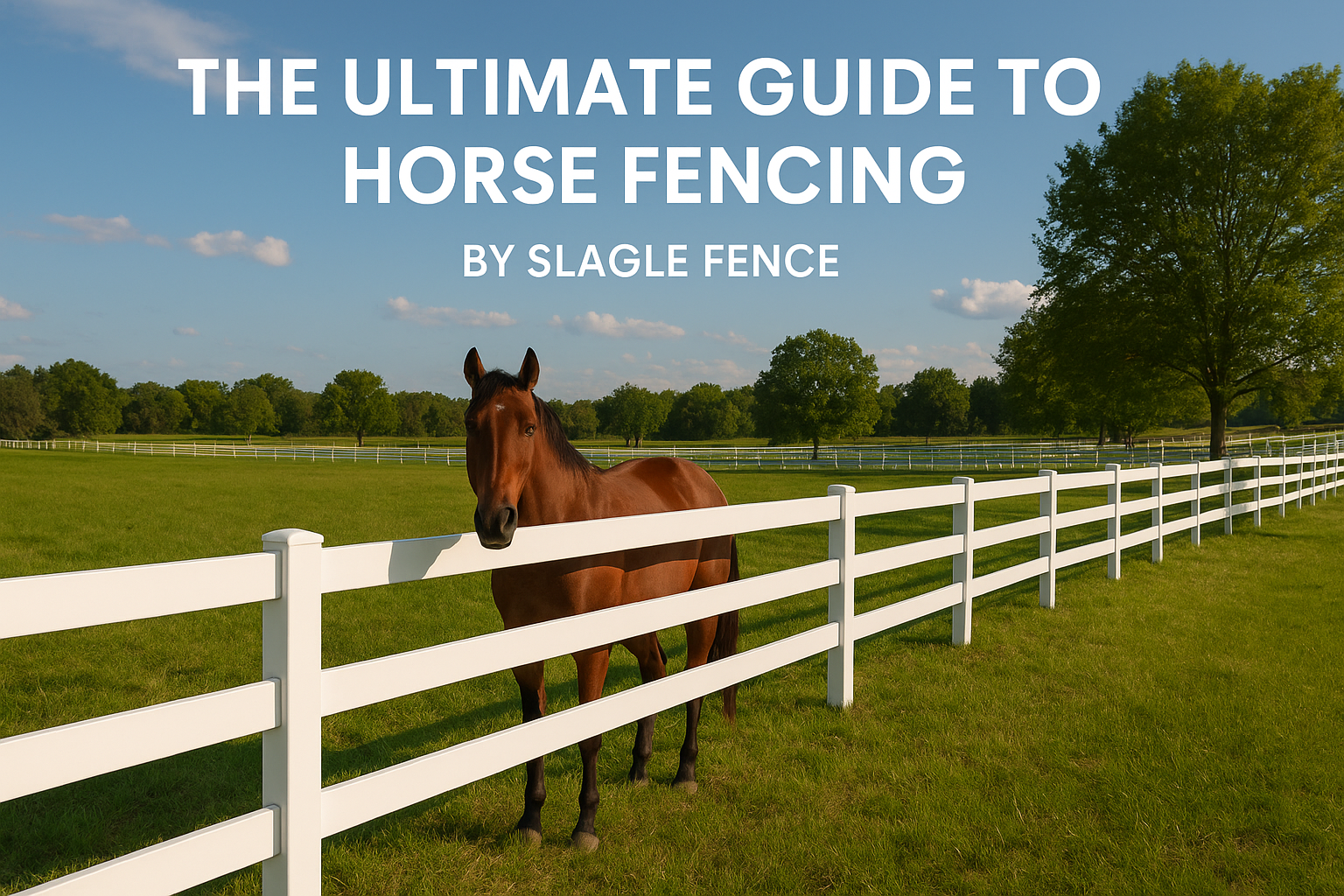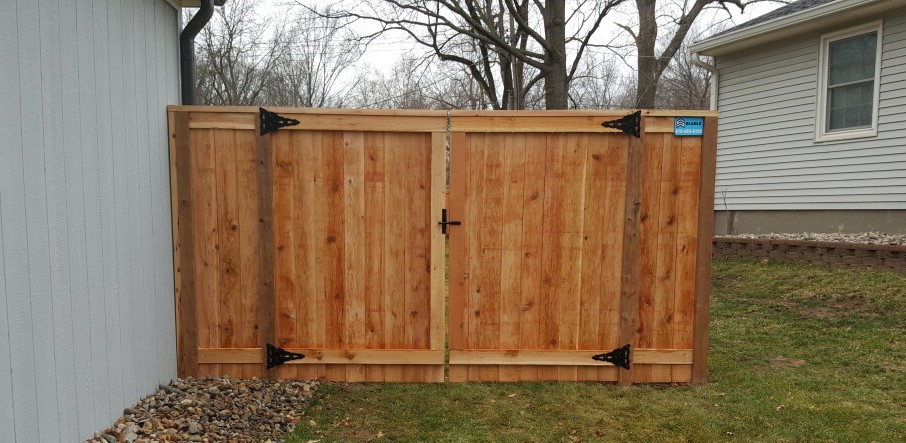The short answer is: yes! While it may seem unconventional, winter fence installation is completely possible. Many people assume that cold weather makes it difficult to install a fence, but with the right equipment and experienced professionals, winter installations can go smoothly. Let’s look at why winter is actually a great time to install a fence.
Benefits of Winter Fence Installation
- Faster Service from Fence Companies: Since fewer people think to install fences in winter, companies often have more availability. You may experience shorter wait times for appointments.
- Potential Off-Season Discounts: Many companies offer seasonal promotions to keep business steady during the colder months. This could mean lower prices for you!
- Better Scheduling Flexibility: With fewer clients, you have more flexibility to choose dates that work for you.
Challenges of Installing a Fence in Winter
While winter installation has perks, there are challenges to consider:
- Cold Weather Impact on Materials: Some materials, like vinyl, can become brittle in extreme cold, requiring extra care during installation.
- Hard or Frozen Ground: Installing posts in frozen ground can be challenging, though experienced installers have the tools to make it happen.
- Limited Daylight Hours: Shorter days mean limited working hours, which may extend the project timeline.
Can Fence Be Installed in Winter? The Technical Side
Winter installation requires specific techniques and equipment to deal with frost and snow. For example, contractors may use frost sleeves or thawing machines to soften the ground before digging.
Is It Cheaper to Install a Fence in Winter?
Winter often brings discounts for fence installations. As the demand drops, many companies offer promotions or discounts. This off-season pricing can make winter an ideal time to get your fence installed if you’re looking to save.
Types of Fencing Best Suited for Winter Installation
Some fencing types handle winter installation better than others:
- Wood Fences: Wood is less affected by cold temperatures but may require sealant protection.
- Vinyl Fences: Vinyl can be brittle in extreme cold but is generally still suitable for winter installation with proper handling.
- Metal Fences: Metal is ideal for winter as it withstands cold conditions better than other materials.
Preparing Your Property for Winter Fence Installation
- Clearing Snow and Debris: Clear the area where the fence will be installed to ensure an efficient installation process.
- Marking Utility Lines: Make sure all utility lines are marked to avoid any accidents during installation.
Winter Fence Installation Tips
- Choosing the Right Fence Company: Look for companies with experience in winter installations, as they’ll know how to handle the challenges that come with cold weather.
- Understanding the Timeline: Be prepared for a slightly longer installation timeline due to weather-related delays.
What to Expect from a Winter Fence Installation
Here’s what you can expect:
- Installation Time Frame: Due to limited daylight and possible weather delays, winter installations may take a bit longer.
- Quality Assurance: Reputable companies ensure that the quality of winter installations matches that of any other season.
How to Maintain a New Fence Through Winter
Proper maintenance will help your fence endure the winter:
- Winter Maintenance Tips for Wood Fences: Keep wood fences sealed to protect against moisture and freezing temperatures.
- Tips for Maintaining Vinyl and Metal Fences: Keep vinyl free from snow buildup, and check metal fences for any ice-related damage.
Conclusion
Winter might not be the typical time to install a fence, but it can offer unique advantages. From potential discounts to faster scheduling, there are plenty of reasons to consider winter fence installation. With an experienced contractor and the right materials, your winter fence project can be just as successful as one installed in spring or summer.
FAQs About Winter Fence Installation
- Can you install a fence in winter?
Yes, fences can be installed in winter with the right equipment and techniques. - Is it cheaper to install a fence in the winter?
Often, yes! Many companies offer off-season discounts for winter installations. - What kind of fence is best for winter installation?
Metal and wood fences tend to perform well, though vinyl is also an option with proper care. - How does frozen ground affect fence installation?
Frozen ground can make digging more challenging, but professionals have special equipment to handle it. - Are there any downsides to winter fence installation?
Cold weather may make some materials more fragile, and the limited daylight can extend the project timeline.

